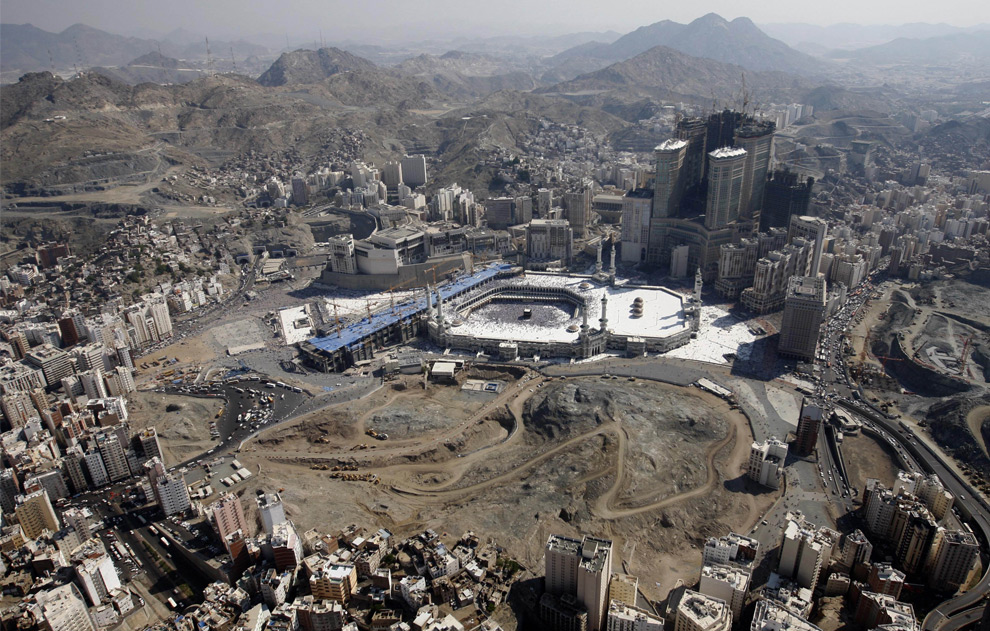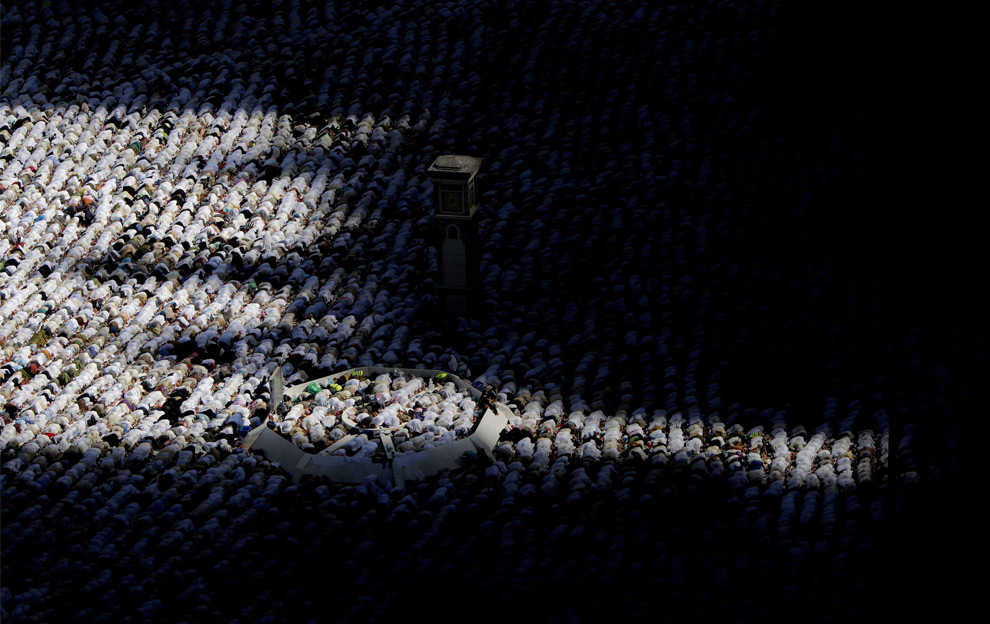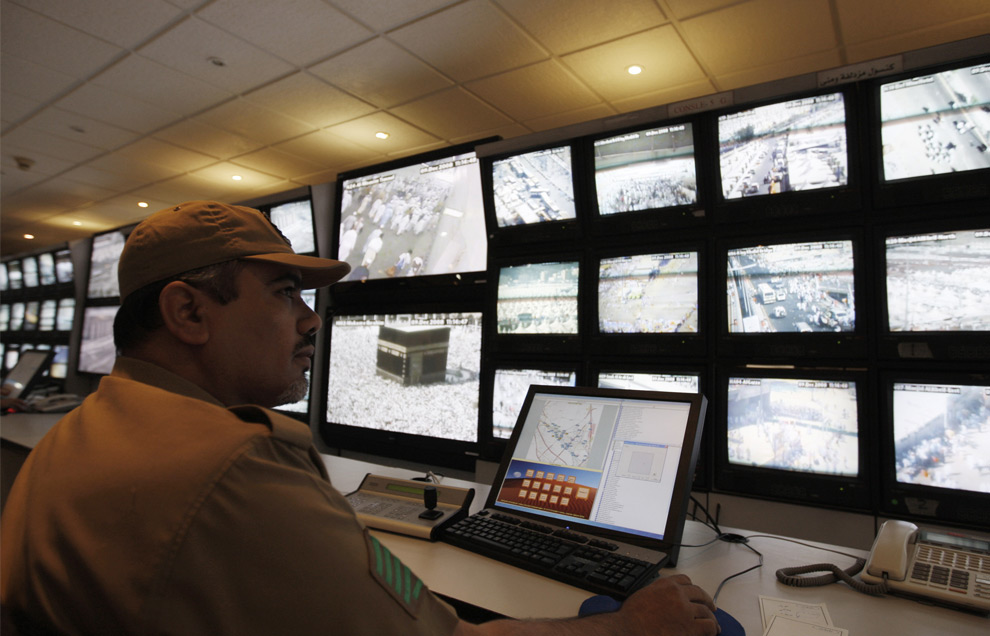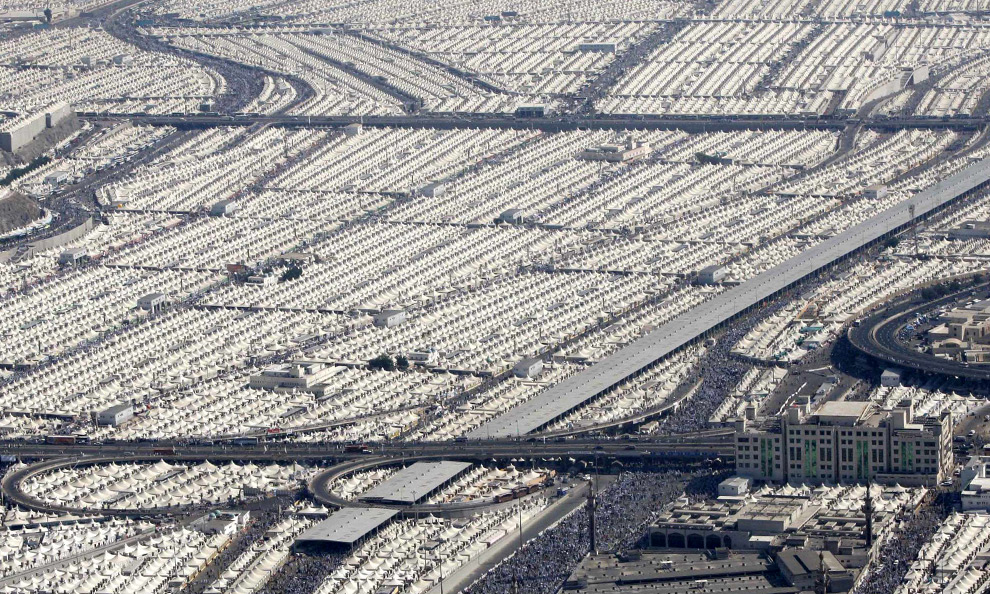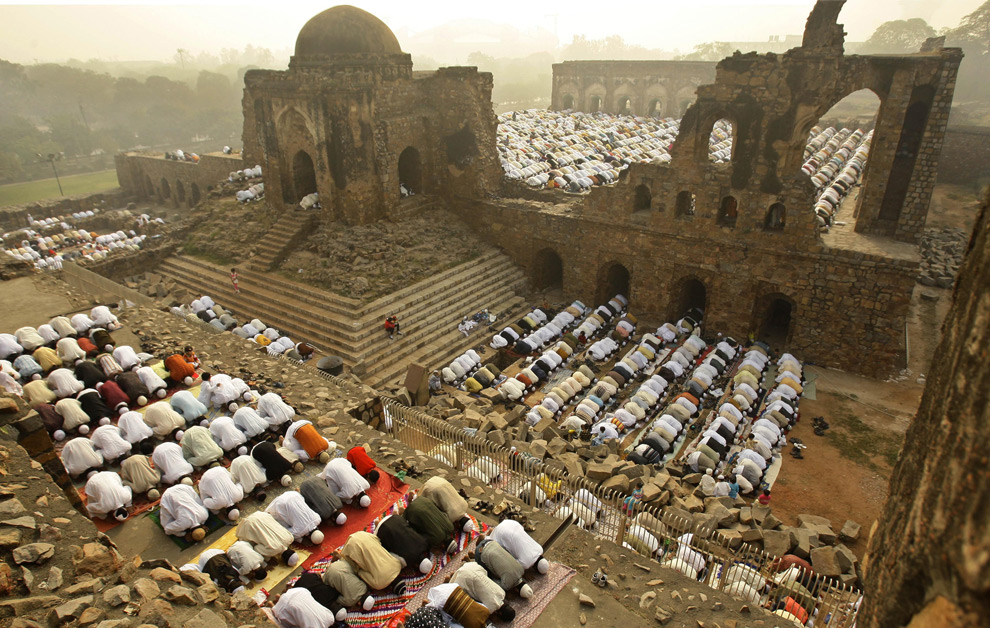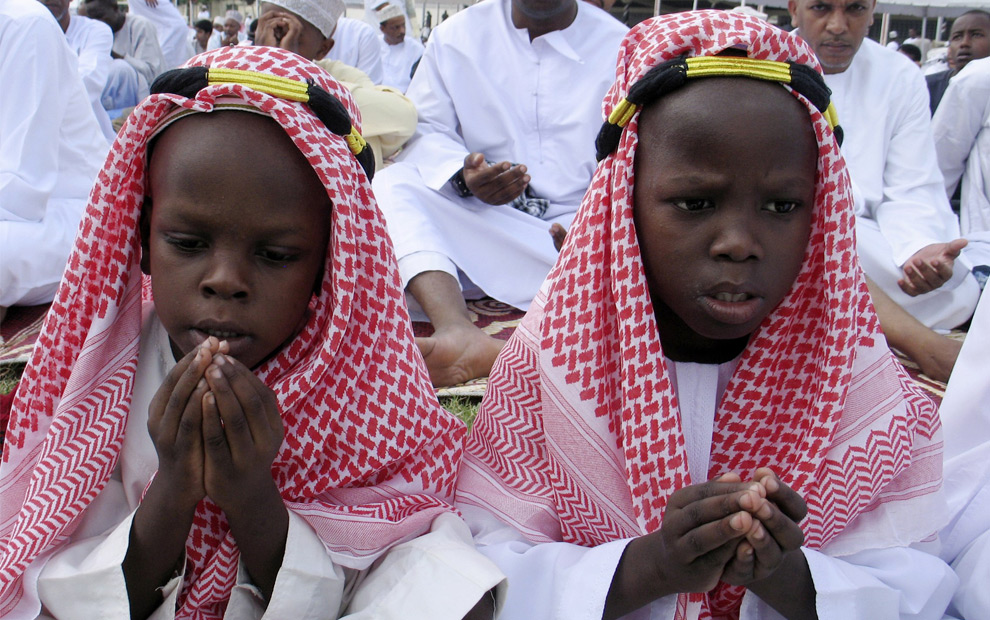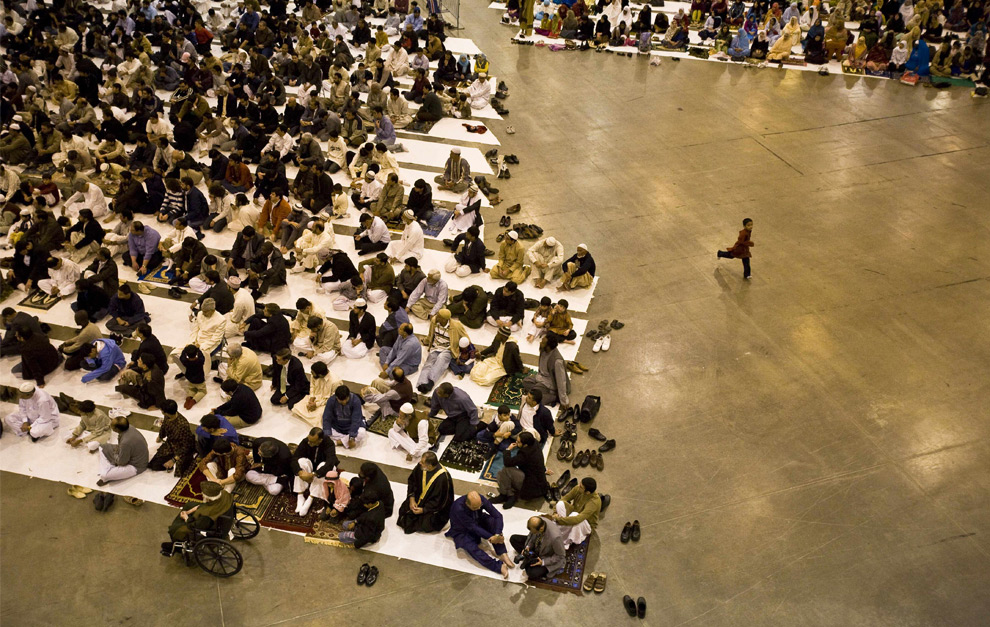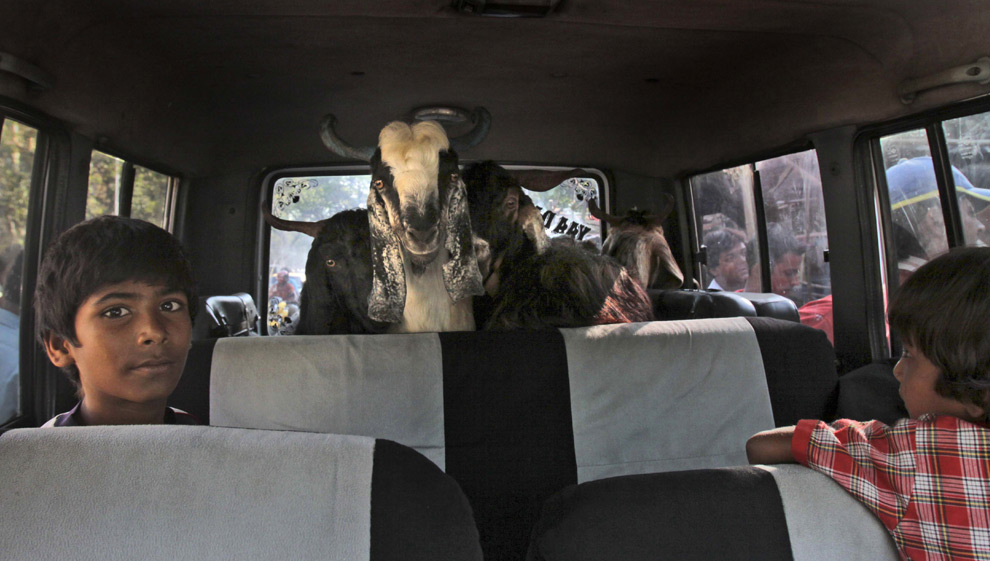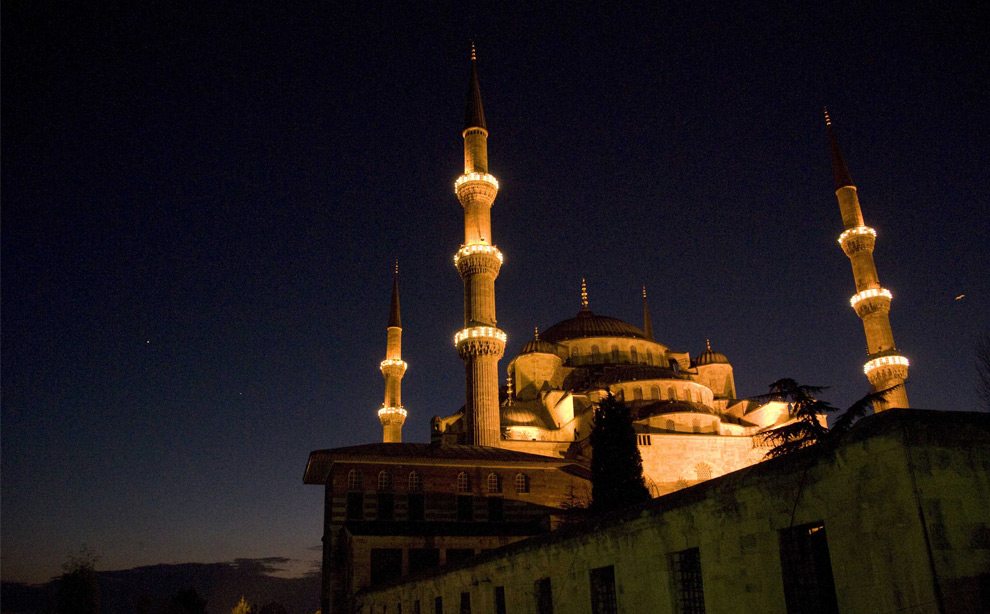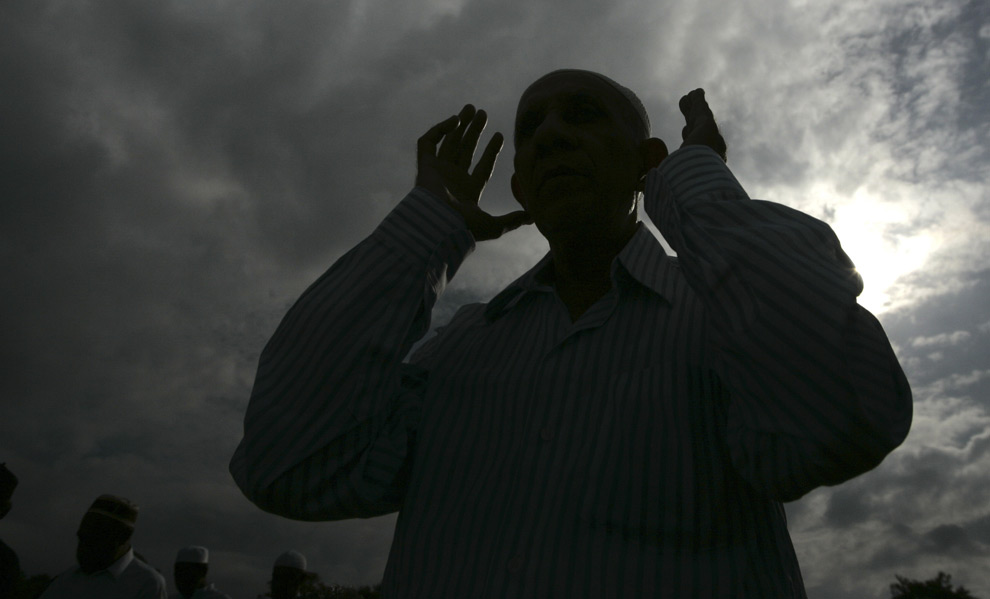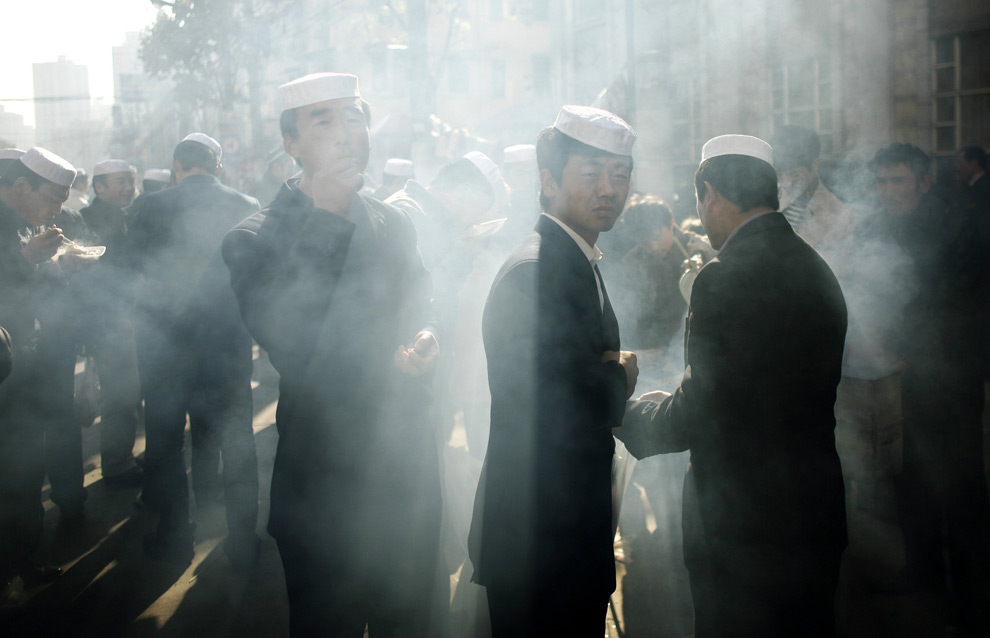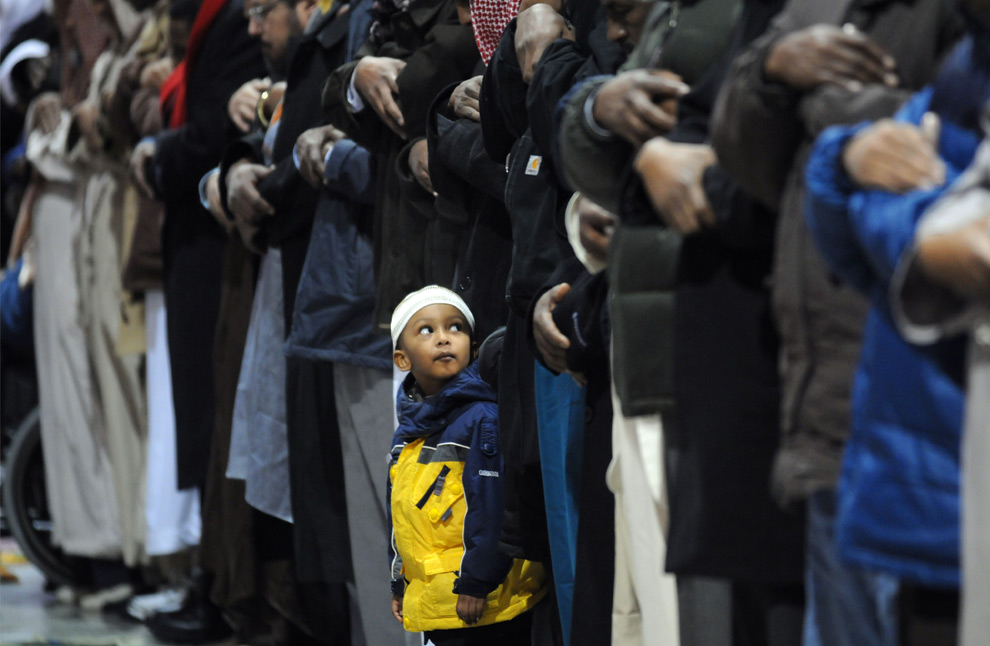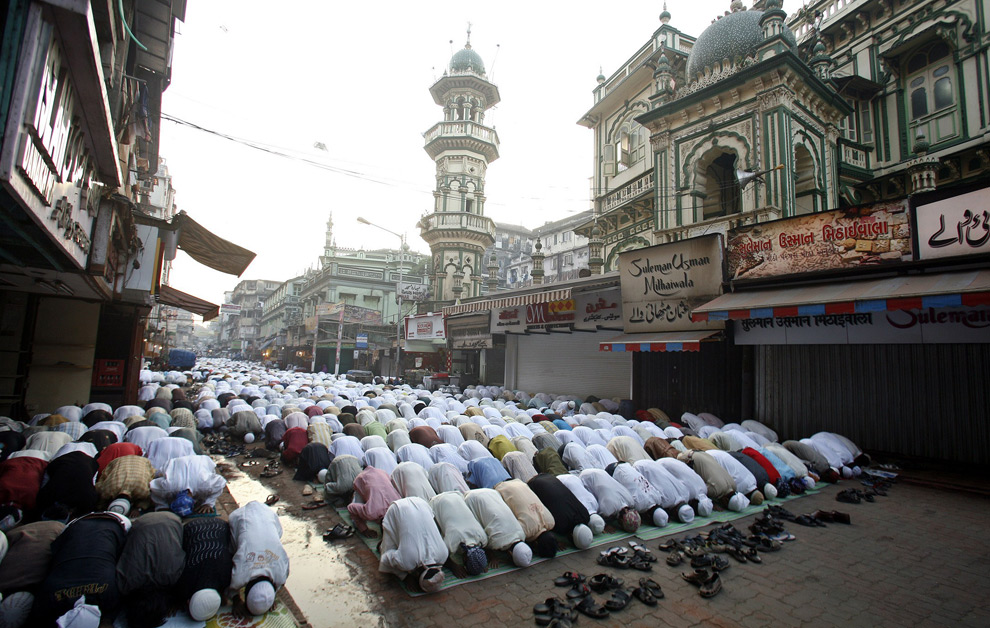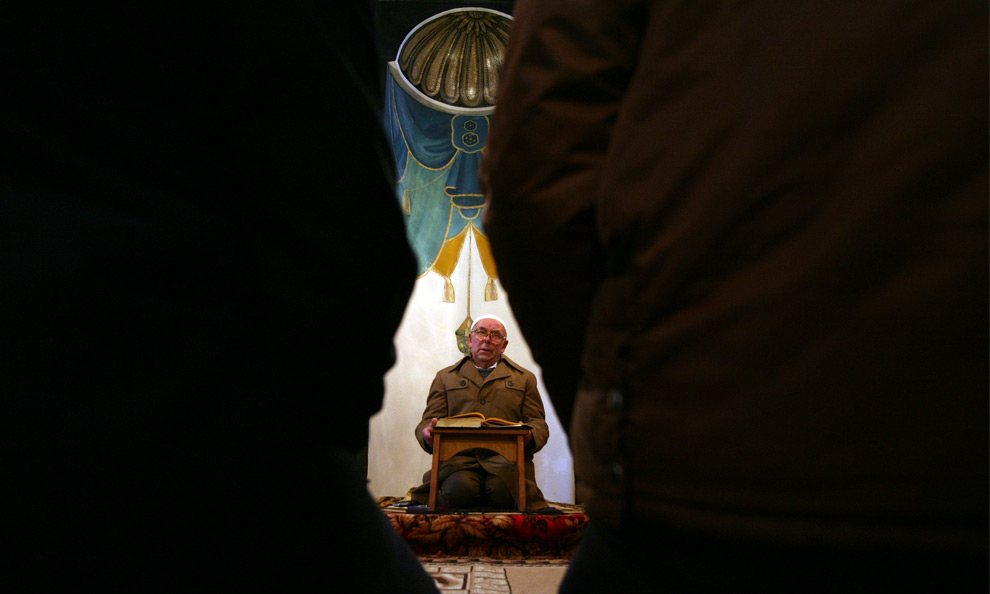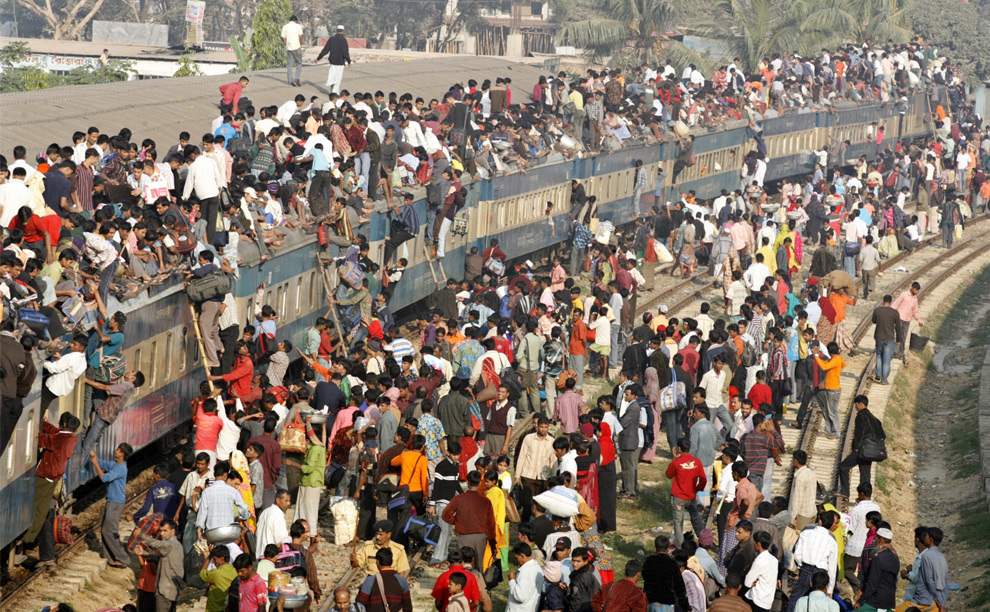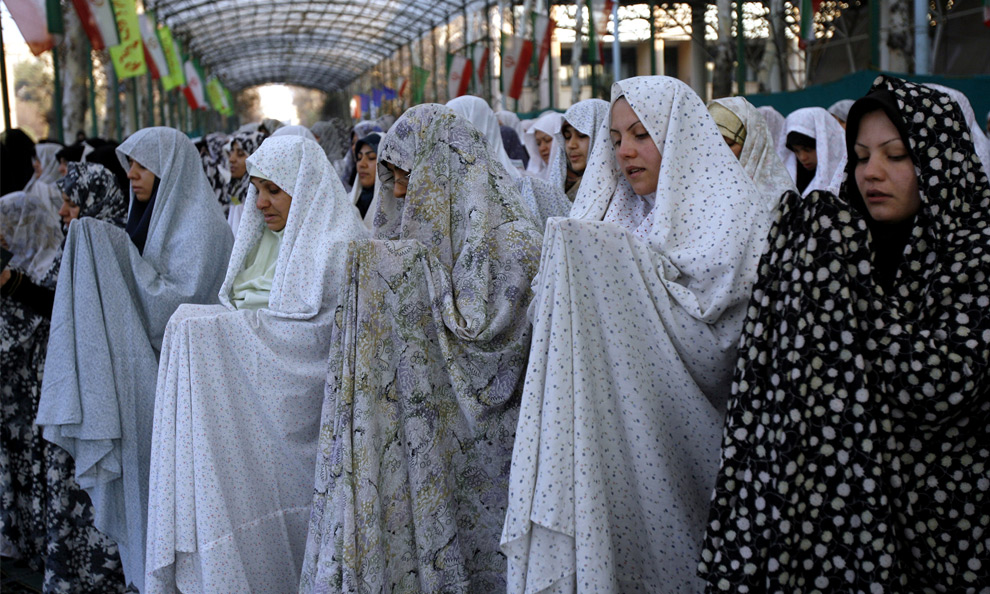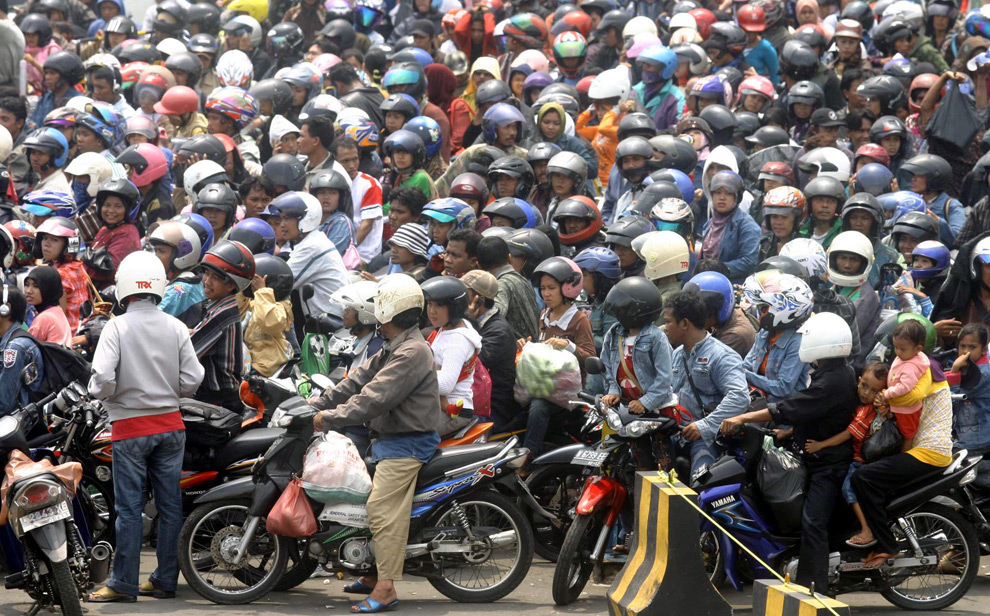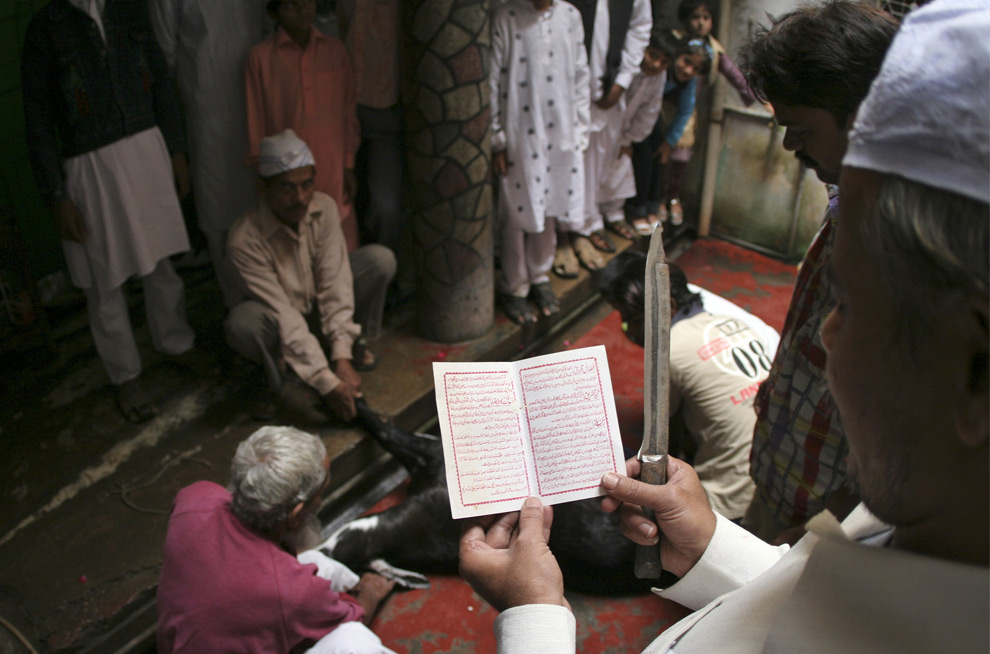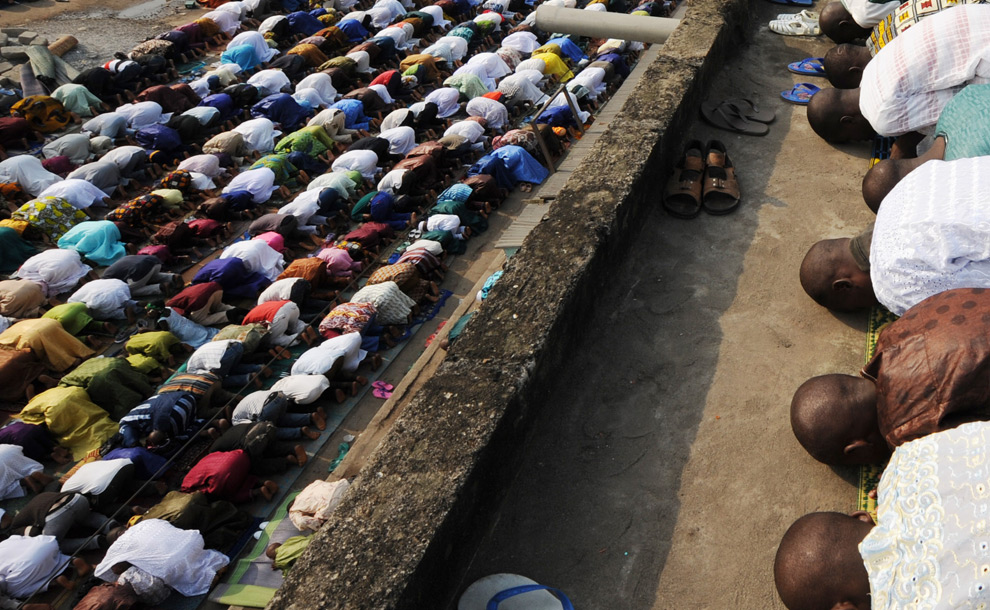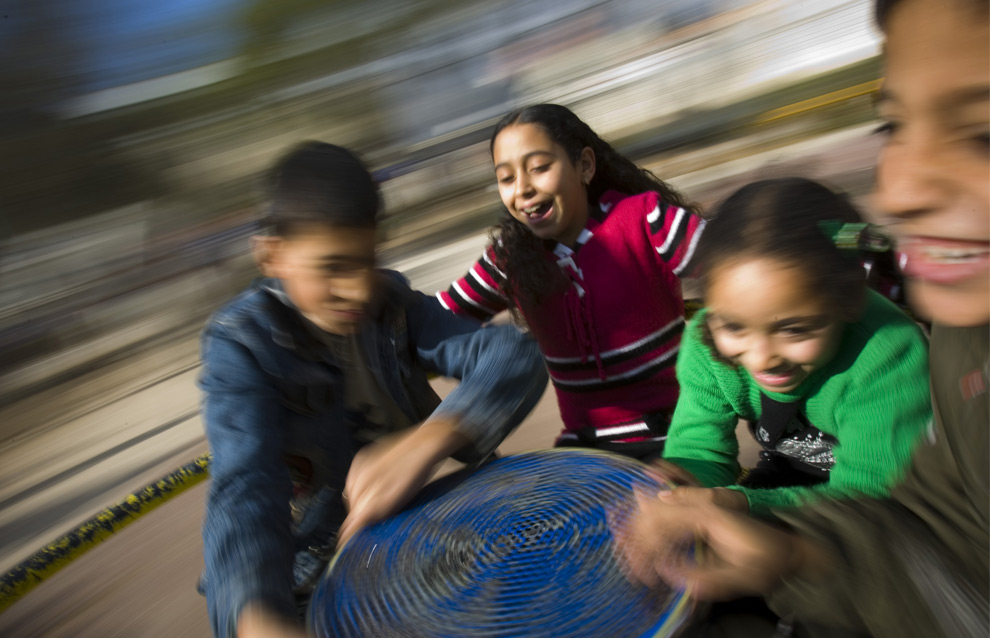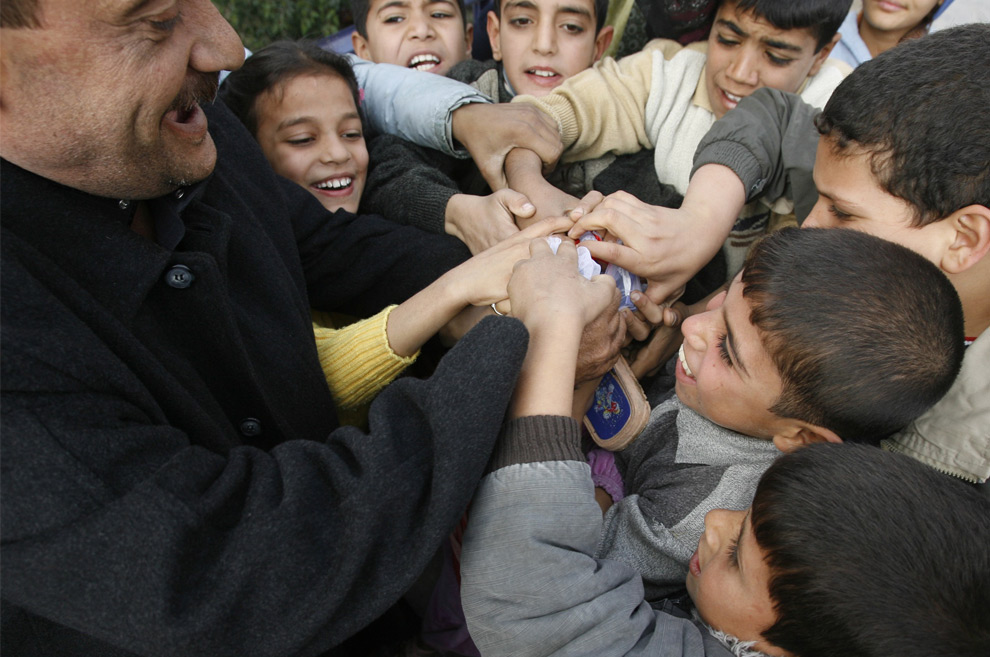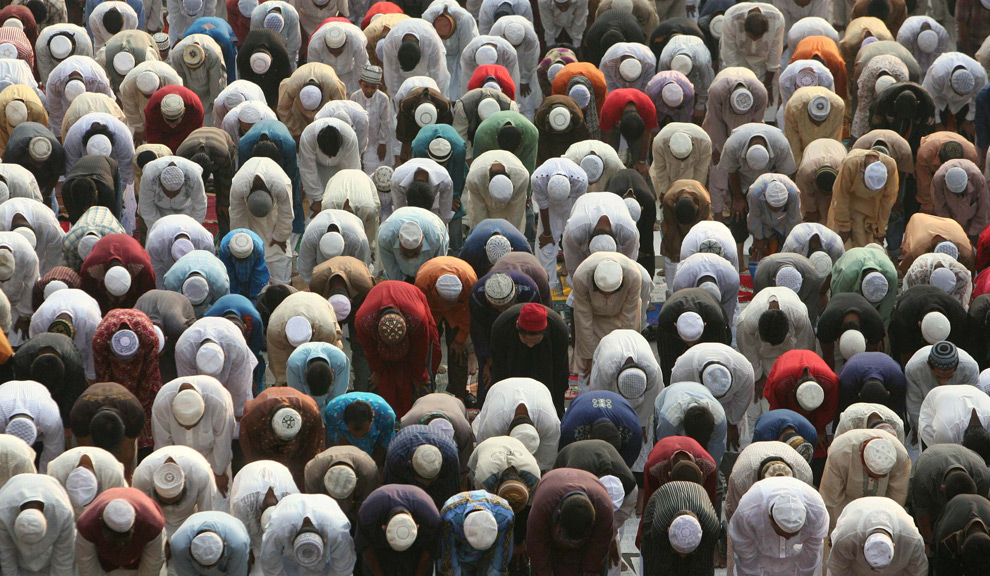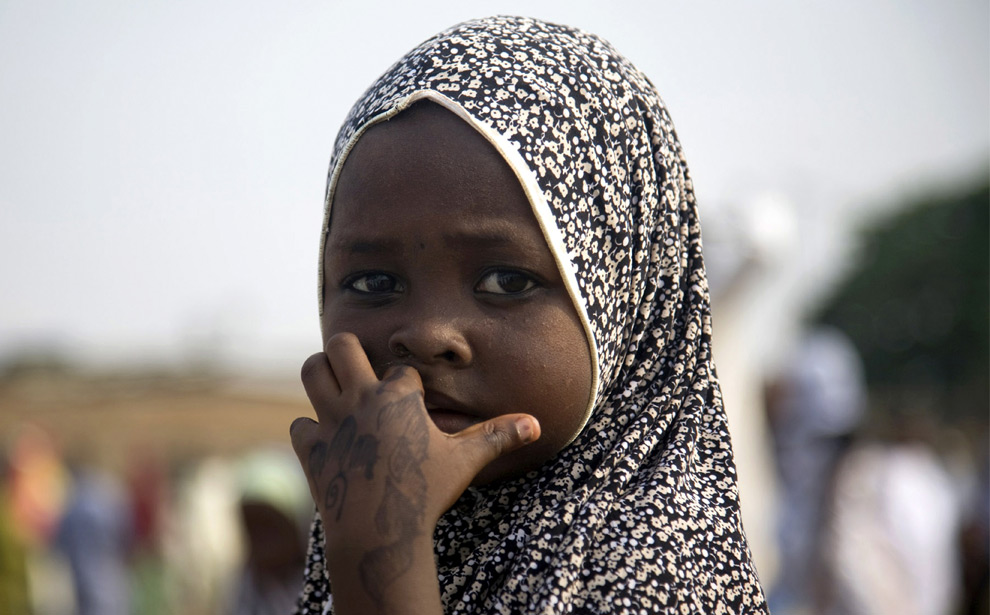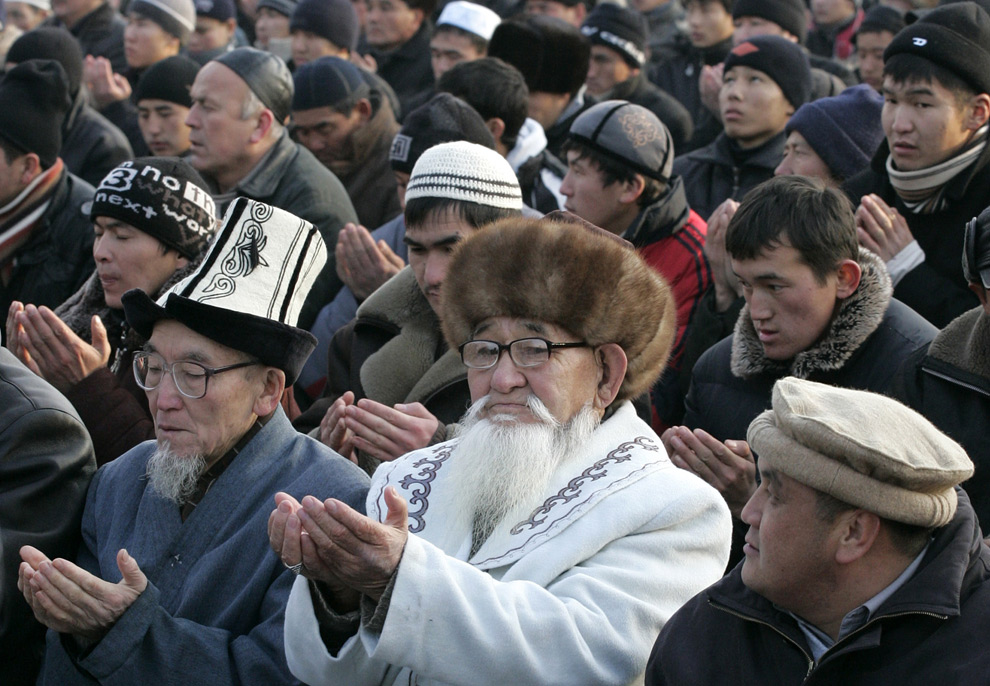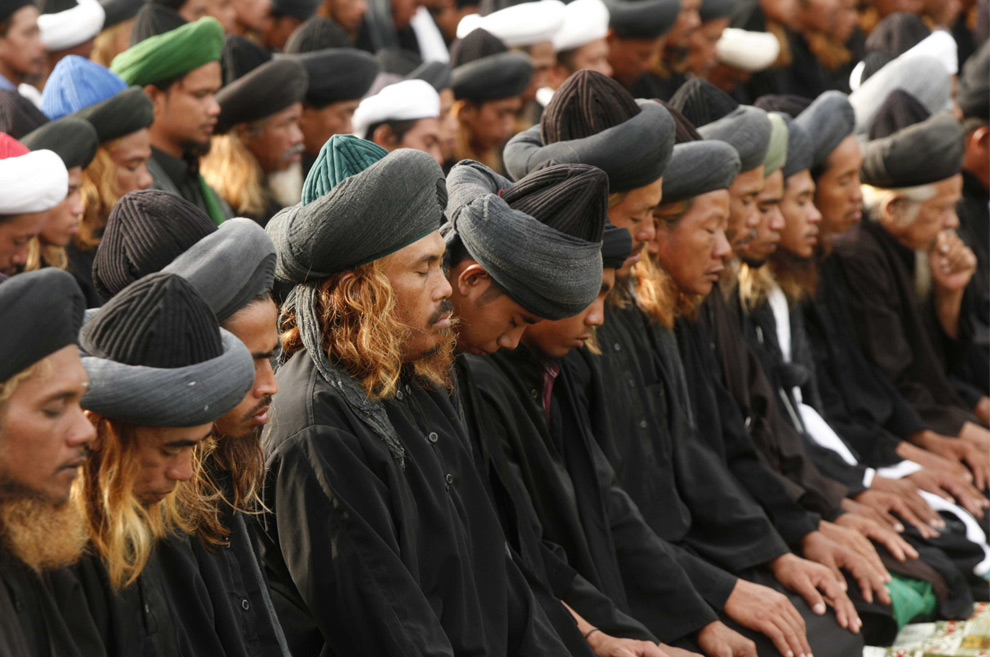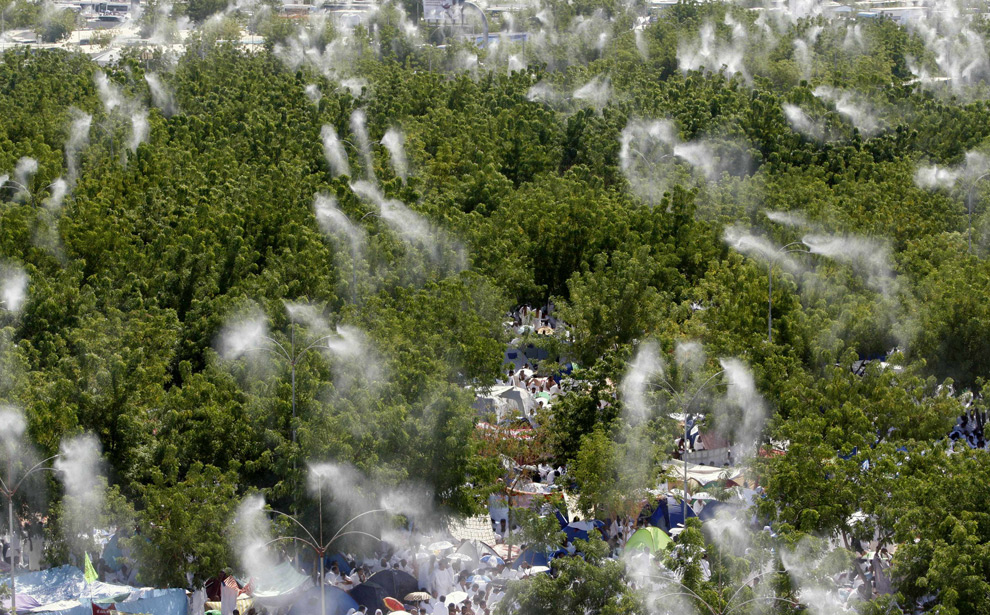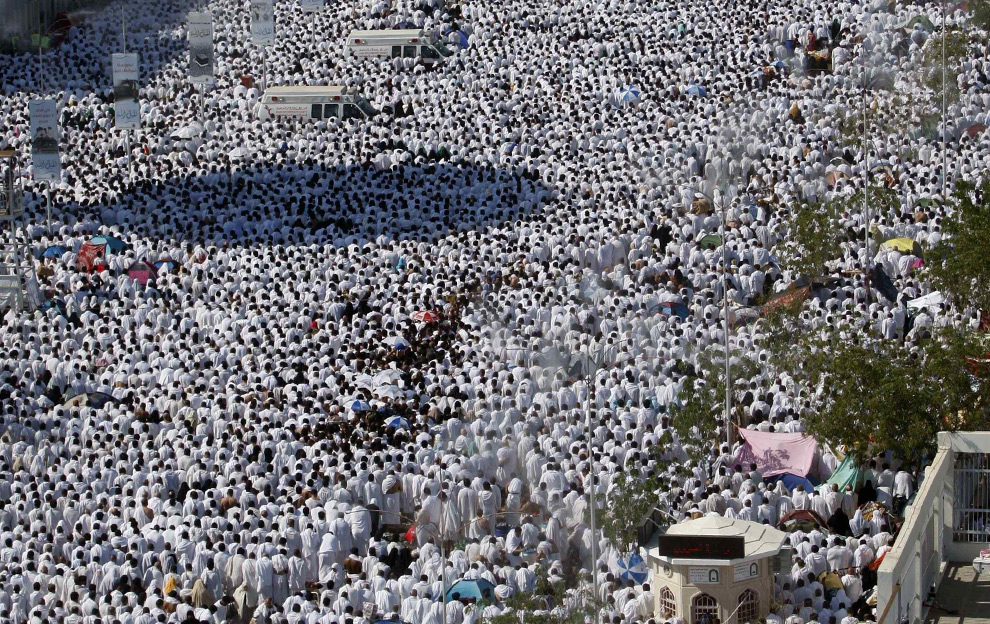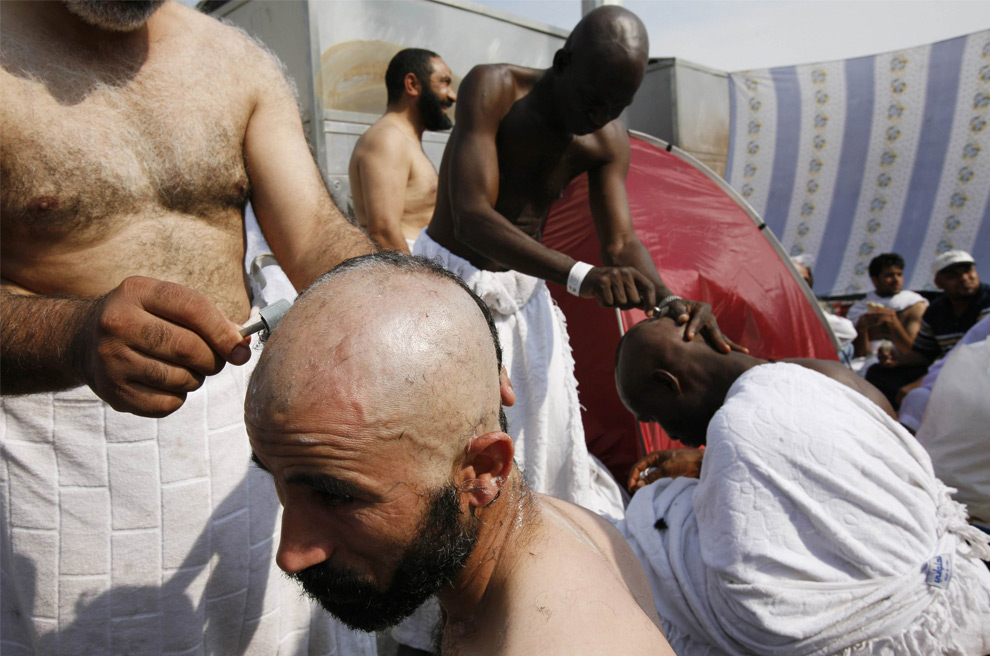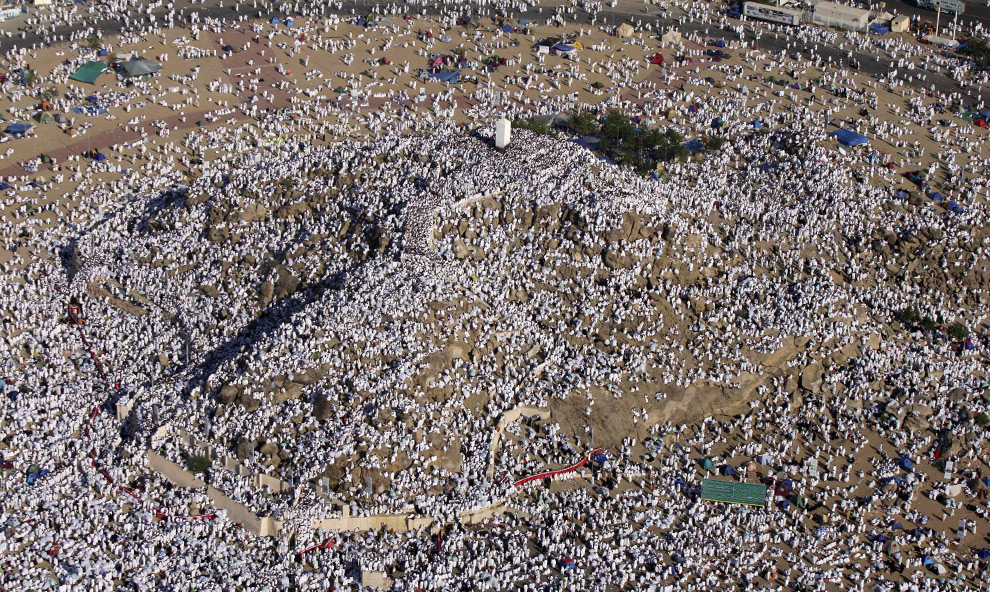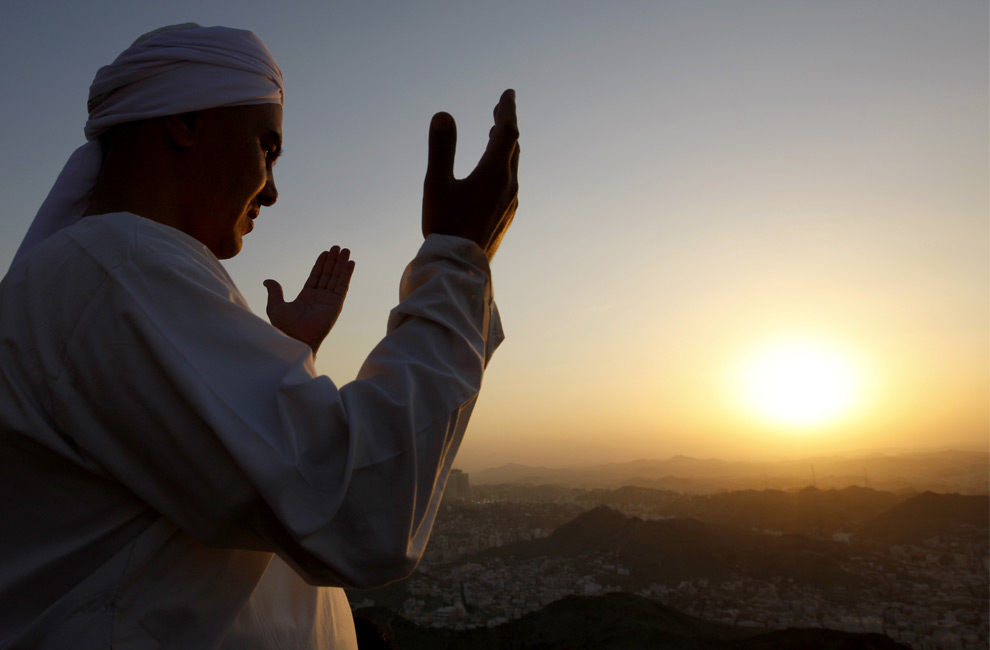| Sura No | Name of Sura | Physical benefits | Spiritual benefits (thawab) | Other Benefits |
| 1 | Suratul Fatiha | Cure for every disease 70x to cure pain anywhere | 2/3 of the Qur'an | |
| 2 | Suratul Baqara | Aya 72-73 for chest pains Aya 107 3x for shoulders Ayatul Kursi for eyes Aya 165 on sweet and feed displeased person | Shaytan will keep away Will not forget Allah Shade on Qiyama if recited with Suratu Aali Imran | Life, property and family protected if recite first 4 ayaat+ayatul kursi+last 3 ayaat Shade on Qiyama if recited with Aali Imran |
| 3 | Suratu Aali Imran | Fertility treatment for women Ayaat 8 & 9 for migraines Aya 145 for backache | If recited on Friday, rahma of Allah and angels ask forgiveness for reciter | Increase in sustenance if worn |
| 4 | Suratun Nisa | 7x for love between two people | Safety from squeezing in the grave | |
| 5 | Suratul Maida | Aya 54 on sweet for love | Forgiveness | |
| 6 | Suratul Anaam | If written (saffron) and drunk, free from all ailments | ||
| 7 | Suratul A'raaf | If worn, then safety from enemies and wild animals | Once a month recitation – no fear on Qiyama | Veil between shaytan and reciter |
| 8 | Suratul Anfaal | Aya 8 for stomach ailments | Intercession on Qiyama | Fulfillment of hajat |
| 9 | Suratut Tawba (Baraa'a) | Protection from hypocrisy | Safety from thieves and fire and plan by enemy if worn | |
| 10 | Suratu Yunus | Closeness to Allah | Identifying theives | |
| 11 | Suratu Hud | Aya 44 for nosebleeds | Forgiveness and easy accounting of deeds | Courage and boldness if kept |
| 12 | Suratu Yusuf | Protection from fear on Qiyama Raised on Qiyama with husn of Yusuf (A.S.) | Removal of jealousy Easy sakaraat at death | |
| 13 | Suratur Ra'd | Easy accounting Intercession on behalf of friends | Destroys tyranny of ruler if written and hung outside tyrants door | |
| 14 | SuratuIbrahim | Keeps child safe from ailments if worn. Assists digestion in children | If recited in two raka salaa with Suratul Hijr in one rakaa, will keep away poverty, insanity and sudden calamity | |
| 15 | Suratul Hijr | Increase in breast milk if worn by new mother | Profitability in business if worn Safety of valuables if kept with them. | |
| 16 | Suratun Nahl | Safety from 70 types of diseases if read once a month | No questioning about ne'ma Reciter amongst Ahlul Janna | |
| 17 | Suratu Bani Israil (Israa) | Written with saffron and water given to child having speech problems | Reciter will not die without meeting Imam (A.S.) Last 2 ayaat protection against theft. | |
| 18 | Suratul Kahf | Noor created with angels praying for forgiveness if read before sleep | Protection from fitna for 8 days Lasy aya – alarm clock | |
| 19 | Suratu Maryam | Safe pregnancy | Protection from thieves | |
| Forgiveness Friendship of Allah | Marriage arranged | |||
| 21 | Suratul Ambiya | Aya 69 for fever | Easy accounting on Qiyama | Removal of stress and worry |
| 22 | Suratul Hajj | Once every three days – visit Ka'ba within the year | ||
| 23 | Suratul Mu'minun | Easy death for reciter Company of Prophets | If worn will wean person of drink, drugs | |
| 24 | Suratun Nur | Prevention of wet dreams Aya 35 for eyes (as eyedrops) | Forgiveness | Beneficial for women |
| 25 | Suratul Furqan | No questioning No punishment if read every night | Safety of posessions | |
| 26 | Suratush Shuara | Water on which recited is shafaa for illnesses | Equivalent to reciting all revealed books | Protection from thieves, drowning and fire. |
| 27 | Suratun Naml | Aya 88 with Fatiha, Ikhlas, & Qadr for toothache | Safety from dangerous creatures | |
| 28 | Suratul Qasas | Water – remedy for illnesses and worries | ||
| 29 | Suratul 'Ankabut | If recited with Suratur Room on 23rd Ramadhan – definite entry into Janna | Water – joy and happiness | |
| 30 | Suratu Rum | |||
| 31 | Suratu Luqman | Water – cure for illnesses and pain | Protection from Shaytan | |
| 32 | Suratus Sajda | Cure for aches and pains | Equivalent to all night ibada on Laylatul Qadr if recited with Suratul Mulk | |
| 33 | Suratul Ahzaab | Safety from fear in grave | If kept on person, honour from people | |
| 34 | Suratus Saba | Recited with Suratul Fatir – protection of Allah all night Water- Removal of fear in heart Safety from enemies | ||
| 35 | Suratul Fatir | Aya 41 – cure for headaches Aya 42 for migraines | Doors of Janna opened for reciter | |
| 36 | Suratu Yaseen (Qalbe Qur'an) | Cure for 1000 illnesses Drinking mixture of rose water and saffron – excellent memory Increase in breast milk | Equivalent to 12 complete Qur'ans Thawab of 20 Hajj | Forgiveness for one on deathbed – angels accompany janaza and easy sakarat Fulfillment of hajat Safety from squeezing of grave |
| 37 | Suratus Saffaat | Protection from Shaytan | Safety from all calamities Increase in wealth and children | |
| 38 | Suratu Saad | Inspires reciter to keep away from sins Reciter able to take family, loved ones and even employees to Janna | Downfall of tyrant ruler | |
| 39 | Suratuz Zumar | Fire of Jahannam haram on reciter | Respect and honour from people | |
| 40 | Suratul Mu'min | Cure for wounds and scars Remedy for heart problems, dizziness and nausea | Forgiveness if recited once in 3 days | Prosperity in business |
| 41 | Suratu Haamim Sijda (Fussilat) | Water – alleviates eye problems | Nur on Qiyama | |
| 42 | Suratush Shura | Forgiveness and salaams from angels | Safety on journey | |
| 43 | Suratuz Zukhruf | Water - Relief from pain | Safety from squeezing in the grave | |
| 44 | Suratud Dukhan | No nightmares if kept under pillow Water - Cure for stomach ailments | Forgiveness and houses in Janna Easy accounting Protection from Shaytan | Prosperity in business Protection from authorities |
| 45 | Suratul Jaathiya (Sharia') | Protection of newborn from all calamities | Reciter will not see Jahannam | Safety from those who slander and backbite |
| 46 | Suratul Ahqaaf | Cure for diseases | Safety from punishment | If written with saffron and dissolved in Zam Zam water – honour from people, memory retention, and safety from Jinn |
| 47 | Suratu Muhammad | Safety from insanity | Thirst quenched by river in Janna 1000 graves send salaams to grave of reciter Will see Prophet (S.A.W.) when raised from grave | Protection from problems |
| 48 | Suratul Fath | Cure for heart problems | Protection in times of war & during travel | |
| 49 | Suratul Hujurat | Safety of mother and child in pregnancy Increase in breast milk | Protection from Shaytan | Protection in times of war and unrest |
| 50 | Suratu Qaaf | Aya 23 – shifa for eyes Aya 37 for heart ailments | Increase in sustenance No suffering at time of death | |
| 51 | Suratudh Dhariyaat | Water - Remedy for backache Taweedh - Pregnancy and delivery easy | Easy death | |
| 52 | Suratut Tur | Taweedh – good health in children | Safety from anger of Allah | Release from bondage |
| 53 | Suratun Najm | Courage and respect Upper hand in discussions | ||
| 54 | Suratul Qamar | Ease of difficulties Respect of people if kept with one during Jumua' salaa | ||
| 55 | Suratur Rahmaan (Bride of Qur'an) | Cures eye problems | Removal of hypocrisy from the heart May ask forgiveness for whoever one wants Safety angel appointed | If written on wall, keeps away household pests |
| 56 | Suratul Waaqia | Loved by Allah and people | Safety from poverty Forgiveness of sins if recited on deathbed Sustenance increased if read no of times as lunar date | |
| 57 | Suratul Hadid | No punishment if read with Suratul Mujadila in wajib salaa | Release from imprisonment Safety in war Makes one courageous | |
| 58 | Suratul Mujadila | Tawidh - Shafa of illness | Protects whatever is buried in the ground Ease to resltlessness Safety from Jinn & men If recited on sand and thrown towards enemy – overcome | |
| 59 | Suratul Hashr | Water – good for memory retention and concentration Ayaat 21-24 3x with hand on joint pain Ayaat 21-24 for earache | Salaams from all creations Forgiveness If recited with Suratur Rahmaan, angel appointed to protect at all times | 4 raka salaa – Suratul Hashr after Suratul Hamd – important work successful If recited 40 days – even hardest task becomes easy |
| 60 | Suratul Mumtahana | Increases vision Protection from insanity Water –cure for ailments | If recited in wajib salaa – heart filled with eiman | |
| 61 | Suratus Saff | Forgiveness | Safety on journey | |
| 62 | Suratul Jumua' | Safety from Shaytan Forgiveness | Safety from all danger | |
| 63 | Suratul Munafiqun | Cure for any aches and pains | Freedom from shirk and hypocrisy | |
| 64 | Suratut Taghabun | Intercession to Janna if recited in wajib salaa | Safety at time of death Protection from tyranny | |
| 65 | Suratut Talaq | If recited with Surat Tahreem, protection on Qiyama Inspiration to do sincere tawba | ||
| 66 | Suratut Tahreem | Water – cure for diseases Cures insomnia Calms agitation | Clears debts | |
| 67 | Suratul Mulk (Munjiya) | Thawab of doing ibada on Laylatul Qadr Will remove reciter from Jahannam Protection of Allah Recitation on Eid gives thawab of allnight ibada | Safety from fear in grave Relief for marhum/a who has just died Intercession for memoriser in Qiyama | |
| 68 | Suratul Qalam | Tawidh on painful part - Alleviates pain | No financial difficulties | |
| 69 | Suratul Haaqqaa | Safety in pregnancy Improves child's intellect and memory | Sign of eiman Easy accounting on Qiyama Reciter will never loose religion | |
| 70 | Suratul Ma'aarij | Covering of sins Safety from Shaytan | Release from imprisonment | |
| 71 | Suratu Nuh | Will not die until sees place in Janna | Hajat answered straight after recitation | |
| 72 | Suratul Jinn | Protection from Jinn Protection from unjust people Safety from poverty Upperhand in confrontations Debts paid Safety of possessions | ||
| 73 | Suratu Muzzammil | Protection from insanity | Purity of heart Forgiveness – recite 100x | Fulfilment of hajat Prevents slavery by people |
| 74 | Suratu Muddathir | Protection from misfortunes Hajat fulfilled if dua after recitation Will not die until memorised Qur'an if dua for memorisation done with recitation of sura | ||
| 75 | Suratul Qiyama | Water – safety from heart ailments | Raised with radiance on Qiyama | Increase of sustenance Protects life and possessions Liked by people |
| 76 | Suratud Dahr (Insaan) | Water – heart ailments | Janna | Victory in war |
| 77 | Suratul Mursalat | Water+onion juice – cure for aches and pains Tawidh – helps to combat oversleeping | Always victorious over enemies | |
| 78 | Suratun Naba | Water – stomach problems Reciter not overcome by sleep if wishes to stay awake Eye problems – recite after 'Asr | Daily recitation guarantees visit to Ka'ba | Safety and ease in journey |
| 79 | Suratun Naazhiaat | Safety in a dangerous place | ||
| 80 | Suratul 'Abasa | Recite with Suratut Takweer to be under shade of Prophet (S.A.W.) in Janna | Success in all endeavours Safe journey | |
| 81 | Suratut Takweer | On rose water and applied to eyes for ailments of eyes | Rahma on Qiyama | |
| 82 | Suratul Infitar | Recite and blow gently into eyes for cure | Forgiveness of sins even if much as raindrops | Protection from humiliation Release from imprisonment 7x for hajat |
| 83 | Suratul Mutaffifeen | Recite on child who cries a lot | Safety from Jahannam No accounting | Safekeeping |
| 84 | Suratul Inshiqaq | Easy delivery of child 7x Cure for poisonous bite | ||
| 85 | Suratul Buruj | Tawidh - To wean child of breast milk Piles | Protection of Allah | Safety from danger Safety from one who speaks evil |
| 86 | Suratut Tariq | Recite over medicine before taking Water – if poured over wound – shifa | Honour with Allah if recited in wajib salaa | Recite over food for safety from harm |
| 87 | Suratul 'A'laa | Memory retention Relief of ear pain | Entry through any door of Janna | Safety on journey |
| 88 | Suratul Ghashiya | Calms frightened and crying child Pain relief Toothache | Easy accounting in Qiyama | Removes bad effects of food |
| 89 | Suratul Fajr | Nur on Qiyama | ||
| 90 | Suratul Balad | Tawidh – safety for child from illnesses Cure for nose ailments | Safety from anger of Allah | |
| 91 | Suratush Shams | Water – Fever | Increase in sustenance, popularity & courage To remove intense grief – 7x with Suratul Layl | |
| 92 | Suratul Layl | Inspiration of good deeds ¼ of the Qur'an if read in Eisha Salaa | 15x – One will dream about what pleases one most | |
| 93 | Suratudh Dhuha | Allah's pleasure | Find missing person or something lost | |
| 94 | Suratul Inshira | Water - Kidney and heart ailments 3x on boils Relieves chest pains | Yaqeen in deen | |
| 95 | Suratut Teen | Palace in Janna | Evil effects on food removed Hajat For lost thing to be found 7x | |
| 96 | Suratul 'Alaq | Thawab of shaheed | Safety from accidents Safeguarding treasure | |
| 97 | Suratul Qadr | Ailments of eyes | 10x – 1000 sins forgiven 1x – fasting for a month In wajib salaa – all sins forgiven | Increase in sustenance Safety from enemies Debt payment Pious children – 7x on spouse 11x – safety at night 7x on grave – marhum/as sins forgiven |
| 98 | Suratul Bayyina | Water – cure for all ailments Safety from miscarriage | Protection of eiman Forgiveness Acceptance of a'maal 21x | Removal of ill effects of food |
| 99 | Suratuz Zilzal | Sees nur of Janna at death | Safety from tyrants Safety from natural disasters Easy death | |
| 100 | Suratul Aadiyaat | Equivalent to reciting entire Qur'an | Clear debts Safety from fear Find sustenance | |
| 101 | Suratul Qaria | Safety from Jahannam | Business booster Water – unwanted pests | |
| 102 | Suratut Takathur | Cure for headaches | Thawab of shaheed Recite in 'Asr salaa for protection | |
| 103 | Suratul 'Asr | Stomach ailments – 10x Fever | Nur on Qiyama Increase in eiman | Safety from tyrant if recited in Eisha salaa |
| 104 | Suratul Humaza | Eye ailments – blow gently into eye | Safety from poverty if recited in wajib salaa Easy death Protection from 'evil eye' | |
| 105 | Suratul Feel | Safety from enemies Problem solver | ||
| 106 | Suratul Quraysh | Heart ailments | Ill effects of food removed Sustenance easier to find if recited before sunrise | |
| 107 | Suratul Maaun | Acceptance of salaa if read as part of salaa Forgiveness | If read 41x every day – free from dependency on anyone (Salawat 10x before and after) | |
| 108 | Suratul Kawthar | Drink from Kawthar | ||
| 109 | Suratul Kaafirun | ¼ of Qur'an Safety from shirk Forgiveness Thawab of shaheed | Safety in journey (with Nasr, Ikhlas, Falaq & Naas) | |
| 110 | Suratun Nasr | |||
| 111 | Suratul Lahab | Relief from backache | Safety at night | |
| 112 | Suratul Ikhlas (Tawheed) | 1/3 of Qur'an 11x – Palaces in Janna 100x – 25 yrs sins forgiven | Abundance in wealth Safety in travelling Hajat Protection from 'evil eye' | |
| 113 | Suratul Falaq | Recited in wajib salaa in Ramadhan – as though fasted in Makka and thawab of hajj | ||
| 114 | Suratun Naas | Tawidh – protection of children from Jinn Releif of pain – fast cure when read on medicine | Safe from Jinn & shaytan |
Wednesday, December 31, 2008
Quran Surah'r Benefits
Tuesday, December 30, 2008
Ways 2 Increase Iman...
Ways 2 Increase Iman...
1. Pray in the last third of the night.
2. Go to Fajr and Isha in congregation.
3. Say Adhkaar in the morning and evening.
4. Remember Death often.
5. Contemplate over the creation of Allah and how vast and beatiful his creation is.
6. Gain some knowledge of the Deen daily.
7. Remember the purpose of life
8. Fast Voluntarily
9. Pray as if it is your last prayer
10. Read Quran
11. Give sadaqa
12. Do dhikr
13. Listen to Quran recitation
14. Read Seerah/Listen to lectures about it (esp by Shaykh Anwar al Awlaki)
15. Read about the sahabah/Listen to lectures about them
16. Say often, "Laa ilaha illa Allah".
17. When you have gained knowledege, inform others of it
18. Try to go to regular circles to have discussions about Islam
19. Smile for the sake of Allah
20. Reading Surah Khaf with deep thought and understanding, until it awakens u to the dajaalic system that we live in.
21. Alaways think about allah, thinking is a faridah in islam
22. Learn about science in light of Quran and Islam.
23. Call friends and tell them you love them for the sake of Allah.
24. Protect ourselves from Shaitan
25. Make sincere Dua 4 the Ummah
26. Try to help others as much as you can
27. Make reading Qur'an regular
28. Read certain surahs at specific times, i.e. Surah Mulk at night
29. Thank Allah(swt) witthin your heart everday till the day you die , then thank him yourself for everything ! Allah hu akbar
30. Make Dua' for your bother/sister
31. Love for your brother what you love for yourself
32. Discuss Islamic matters with believing brothers/sisters - share knowledge, educate each other
33. Choose obedience over disobedience
34. Uttering "Inna Lillahi wa inna Ileyhi raji'oon - To Allah we belong and to Allah we return" whenever you are afflicted with anything whether it be small or big.
Allah(SWT) says: "Be sure we shall test you with something of fear and hunger, some loss in goods, lives and the fruits (of your toil) but give glad tidings to those who patiently persevere. Those who, when misfortune strikes them, say: 'Indeed we belong to Allah and to Him is our return. Those are the ones upon whom are blessings and mercy from their Lord and it is those who are rightly guided." [Sûrah al-Baqarah: 155]
The Prophet (peace be upon him)said:"No fatigue, illness, anxiety, sorrow, harm or sadness afflicts any Muslim, even to the extent of a thorn pricking him, without Allah wiping out his sins by it." [Sahîh al-Bukhârî and Sahîh Muslim]
35. Look at how complex our bodies are (circulatory system, nervous system, etc), and realize that only Allah (SWT) could have made something like that.
36. Love for your brother what you love for yourself
37. Smile, make people happy.
2. Go to Fajr and Isha in congregation.
3. Say Adhkaar in the morning and evening.
4. Remember Death often.
5. Contemplate over the creation of Allah and how vast and beatiful his creation is.
6. Gain some knowledge of the Deen daily.
7. Remember the purpose of life
8. Fast Voluntarily
9. Pray as if it is your last prayer
10. Read Quran
11. Give sadaqa
12. Do dhikr
13. Listen to Quran recitation
14. Read Seerah/Listen to lectures about it (esp by Shaykh Anwar al Awlaki)
15. Read about the sahabah/Listen to lectures about them
16. Say often, "Laa ilaha illa Allah".
17. When you have gained knowledege, inform others of it
18. Try to go to regular circles to have discussions about Islam
19. Smile for the sake of Allah
20. Reading Surah Khaf with deep thought and understanding, until it awakens u to the dajaalic system that we live in.
21. Alaways think about allah, thinking is a faridah in islam
22. Learn about science in light of Quran and Islam.
23. Call friends and tell them you love them for the sake of Allah.
24. Protect ourselves from Shaitan
25. Make sincere Dua 4 the Ummah
26. Try to help others as much as you can
27. Make reading Qur'an regular
28. Read certain surahs at specific times, i.e. Surah Mulk at night
29. Thank Allah(swt) witthin your heart everday till the day you die , then thank him yourself for everything ! Allah hu akbar
30. Make Dua' for your bother/sister
31. Love for your brother what you love for yourself
32. Discuss Islamic matters with believing brothers/sisters - share knowledge, educate each other
33. Choose obedience over disobedience
34. Uttering "Inna Lillahi wa inna Ileyhi raji'oon - To Allah we belong and to Allah we return" whenever you are afflicted with anything whether it be small or big.
Allah(SWT) says: "Be sure we shall test you with something of fear and hunger, some loss in goods, lives and the fruits (of your toil) but give glad tidings to those who patiently persevere. Those who, when misfortune strikes them, say: 'Indeed we belong to Allah and to Him is our return. Those are the ones upon whom are blessings and mercy from their Lord and it is those who are rightly guided." [Sûrah al-Baqarah: 155]
The Prophet (peace be upon him)said:"No fatigue, illness, anxiety, sorrow, harm or sadness afflicts any Muslim, even to the extent of a thorn pricking him, without Allah wiping out his sins by it." [Sahîh al-Bukhârî and Sahîh Muslim]
35. Look at how complex our bodies are (circulatory system, nervous system, etc), and realize that only Allah (SWT) could have made something like that.
36. Love for your brother what you love for yourself
37. Smile, make people happy.
The True meaning of Life is to Plant Trees under whose shade you do not Expect to Sit.
Monday, December 29, 2008
Marriage is Jaaiz (Allowed) in Muharram and Safar
Marriage is Jaaiz (Allowed) in Muharram and Safar.

Read more >>

Wednesday, December 24, 2008
THE VICTORY OF BYZANTIUM, Predictions in the Quran
INTRODUCTION
Another miraculous aspect of the Qur'an is its prediction of future events, all of which have so far been fulfilled. This is one of the proofs that the Qur'an is the Word of Allah. In the following pages, we will dwell on some of these events.
An astonishing prediction is found in the first verses of Surat ar-Rum, which refers to the Byzantine Empire, the eastern part of the later Roman Empire: The Byzantine Empire, which had met with a great defeat, would soon gain victory.
Alif, Lam, Mim. The Romans have been defeated in the lowest land, but after their defeat they will be victorious within three to nine years. The affair is Allah's from beginning to end. On that day, the believers will rejoice. (Qur'an, 30:1-4)
These verses were revealed around 620, almost 7 years after the idolatrous Persians had severely defeated Christian Byzantium in 613-14. In fact, Byzantium had suffered such heavy losses that it seemed impossible for it even to survive, let alone be victorious again. Following their defeat of the Byzantines at Antioch in 613, the Persians seized control of Damascus, Cilicia, Tarsus, Armenia, and Jerusalem. The loss of Jerusalem in 614 was particularly traumatic for the Byzantines, for the Church of the Holy Sepulchre was destroyed and the Persians seized the "True Cross," the symbol of Christianity.174 In addition, the Avars, Slavs, and Lombards also were posing serious threats to the Byzantine Empire. The Avars had reached as far as the walls of Constantinople. Emperor Heraclius ordered the gold and silver in churches to be melted and turned into money in order to meet the army's expenses. When this proved insufficient, bronze statues were melted down in order to mint more money. Many governors had revolted against Heraclius, and Byzantium was on the point of collapse.175 Mesopotamia, Cilicia, Syria, Palestine, Egypt and Armenia, which had earlier belonged to Byzantium, were invaded by the idolatrous Persians.176
 The Dead Sea basin where Byzantium was defeated by Persians. Above is a satellite photograph of the region. The Lake of Lut region, which is the lowest region of the world, is 395 meter below the sea level. |
In short, everyone was expecting Byzantium to be destroyed. But during this time, the first verses of Surat ar-Rum were revealed, announcing that Byzantium would triumph in 3 to 9 years. This predicted victory seemed so impossible that the Arab polytheists thought it would never come true.
 On top a satellite photograph of the Dead Sea basin. The altitude of the Dead Sea could only be determined with modern measurement techniques. These measurements led to the discovery that this region is the "lowest region on the Earth." |
Like all the other predictions in the Qur'an, however, this one also came true. In 622, Heraclius gained a number of victories over the Persians and conquered Armenia.177 In December 627, the two empires fought a decisive battle at Nineveh, some 50 kilometres east of the Tigris river, near Baghdad. This time too, the Byzantine army defeated the Persians. A few months later, the Persians had to sue for peace with Byzantium, which obliged them to return the territories they had taken from it.178
The Byzantine victory was completed when Emperor Heraclius defeated the Persian ruler Khosrow II in 630, recaptured Jerusalem, and regained the "True Cross" for the Church of the Holy Sepulchre.179 In the end, "the victory of the Romans" proclaimed by Allah in the Qur'an miraculously came true within the verses' stated "three to nine years" time frame.
Another miracle revealed in these verses is the announcement of a geographical fact that could not have been known by anyone at that time: that the Romans had been defeated in the lowest region of Earth. This Arabic expression adna al-Ard is interpreted as "a nearby place" in many translations. However, this is not the literal meaning, but rather a figurative interpretation. The word adna, derived from the word dani (low), means "the lowest". The word ard means "the world." Therefore, adna al-ard means "the lowest place on Earth."
Some interpreters of the Qur'an, considering the closeness of the region in question to the Arabs, prefer the "closest" meaning of the word. However, the actual meaning indicates a very important geological fact: The Dead Sea, one of the regions in which the Byzantines were defeated in 613-14, is the lowest region on Earth.180
As stated earlier, for Christian Byzantium, the loss of the True Cross was the heaviest blow in that defeat in Jerusalem, located near the shores of the Dead Sea.

The Byzantines and the Persians actually fought at the Dead Sea basin, which is situated at the intersection point of the lands belonging to Syria, Palestine, and Jordan. At 399 meters below sea level, the Dead Sea is the "lowest" place on Earth's surface.181
However, as only modern measuring methods and equipment can prove this fact, it would have been impossible for anyone living at that time to realise this truth. Yet, the Qur'an states clearly that this region was the "lowest land" on Earth and thereby provides further evidence that it is the Word of Allah.
Tuesday, December 23, 2008
All about Muslim women
1: The Muslim Woman and Her Rabb
The Believing Woman is Alert in faith and awareness in fearing Allah
She is Obedient to the commands of her Rabb
She is a true slave of Allah
She Worships Allah
She regularly performs the duties and good deeds required by Islam
She Accepts the Will and Decree of Allah
She Regularly Prays Five Times a Day
She May Attend the Jama'ah (Congregational) Prayer
She Attends 'Eid Prayers
She Prays Sunnah and Nafil Prayers
She Performs Her Prayers Properly
She Pays Zakah on Her Wealth
She Fasts During the Day and Prays at Night in Ramadhan
She Observes Nafil Fasts
She Goes on Hajj to the Sacred House of Allah
She Goes for 'Umrah
She May Attend the Jama'ah (Congregational) Prayer
She Attends 'Eid Prayers
She Prays Sunnah and Nafil Prayers
She Performs Her Prayers Properly
She Pays Zakah on Her Wealth
She Fasts During the Day and Prays at Night in Ramadhan
She Observes Nafil Fasts
She Goes on Hajj to the Sacred House of Allah
She Goes for 'Umrah
She obeys those who are in authority over her
She Feels a Sense of Responsibility for the Members of Her Family
She Does Not Sit Alone With a "Stranger"
She Wears Correct Hijab
She Avoids Mixing Freely With Men
She Does Not Shake Hands With a Non-Mahram Man
She Does Not Travel Except With a Mahram
She Does Not Sit Alone With a "Stranger"
She Wears Correct Hijab
She Avoids Mixing Freely With Men
She Does Not Shake Hands With a Non-Mahram Man
She Does Not Travel Except With a Mahram
She Turns to Allah in Repentance
Her Main Concern is the Pleasure of Allah
She Understands the True Meaning of Being a Servant of Allah
She Works to Support the Religion of Allah
She is Distinguished by Her Islamic Character and True Religion
Her Loyalty is to Allah Alone
She Enjoins What is Good and Forbids What is Evil
She Often Reads the Qur'an
Her Main Concern is the Pleasure of Allah
She Understands the True Meaning of Being a Servant of Allah
She Works to Support the Religion of Allah
She is Distinguished by Her Islamic Character and True Religion
Her Loyalty is to Allah Alone
She Enjoins What is Good and Forbids What is Evil
She Often Reads the Qur'an
2: The Muslim Woman and Her Own Self
a – Her Body
Moderation in Food and Drink
She Exercises Regularly
Her Body and Clothes are Clean
She Takes Care of her Mouth and Teeth
She Takes Care of Her Hair
She Takes Care of Good Appearance
She Does Not Go to Extremes of Beautification or Make a Wanton Display of Herself
b – Her Mind
She Takes Care of Her Mind by Pursuing Knowledge until death as knowledge is an obligation
A Muslim Woman Needs to Know basics regarding deen is Quran,Hadith, Seerah,Islamic History,Fiqh
A Muslim Women's Achieves wisdom in the Field of Knowledge In General as long as Shariah approves such knowledge.
She is not Superstitious
She Never Stops Reading and Studying
c – A Muslim Woman's Soul
The Muslim Woman polishes her soul through worship
She Keeps Company with Righteous People and Joins Religious gatherings
She Frequently Repeats Du'as and Supplications Described in Quran & Ahadith
3: The Muslim Woman and Her Parents
She Treats Them with Kindness and Respect (Birr)
She Recognizes Their Status and Knows Her Duties Towards Them
She is Kind and Respectful Towards Her Parents Even If They are not Muslims
She is Extremely Reluctant to Disobey Them
Her Mother Comes First, Then Her Father
She treats her parents' friends well
She shows her kindness and humility towards her parents by not using words of contempt nor repelling them
4: The Muslim Woman and Her Husband
4: The Muslim Woman and Her Husband
She knows importance of Marriage in Islam
She follows the guidance of Islam in her married life
She Chooses a Good Husband
She is Obedient to Her Husband and Shows Him Respect
She Treats His Mother and Family with Kindness and Respect
She Chooses a Good Husband
She is Obedient to Her Husband and Shows Him Respect
She Treats His Mother and Family with Kindness and Respect
She understands her Husband and respects his feelings
She helps him to make up for his failings and weaknesses
She helps him to make up for his failings and weaknesses
She knows how to strike a balance between pleasing her husband and treating her In-laws with due kindness and respect
She Endears Herself to her Husband and is Keen to Please Him
She Does not Disclose His Secrets
She Stands by Him and Offers Him Advice
She Encourages Him to Spend and Give Charity for the Sake of Allah
She Helps Him to Obey Allah (subhanawatala)
She Fills His Heart with Joy
She Makes Herself Beautiful for Him
She is Cheerful and Grateful when She Meets Him
She Shares His Joys and Sorrows
She Does not Look at Other Men
She Does not Describe Other Women to Him
She Tries to Create an Atmosphere of Peace and Tranquility for Him
She is Tolerant and Forgiving
She is Strong in Character and Wise
She is One of the Most Successful Wives
She Endears Herself to her Husband and is Keen to Please Him
She Does not Disclose His Secrets
She Stands by Him and Offers Him Advice
She Encourages Him to Spend and Give Charity for the Sake of Allah
She Helps Him to Obey Allah (subhanawatala)
She Fills His Heart with Joy
She Makes Herself Beautiful for Him
She is Cheerful and Grateful when She Meets Him
She Shares His Joys and Sorrows
She Does not Look at Other Men
She Does not Describe Other Women to Him
She Tries to Create an Atmosphere of Peace and Tranquility for Him
She is Tolerant and Forgiving
She is Strong in Character and Wise
She is One of the Most Successful Wives
She does not divorces without a valid reason
5: The Muslim Woman and Her Children
5: The Muslim Woman and Her Children
She Understands the Great Responsibility that She Has Towards Her Children and Teaches them Islam
She Uses the Best Methods in Bringing Them up such as love ,compassion, understaning their psychology , attitude and also correcting and guiding them.
She Demonstrates Her Love and Affection for Them
She treats her sons and daughters equally
She Does not Discriminate Between Sons and Daughters in Her Affection and Care
She Does not Pray Against her Children
She is Alert to Everything that May Have an Influence on Them
She equally treats all her children
She Instils Good behavior and Attitudes in Them
She Instils Good behavior and Attitudes in Them
6: The Muslim Woman and Her Sons and Daughters-in- Law
A – Her Daughter-in- Law has Islamic values,high character .and Her Attitude Towards her Daughter-in- Law,she treats her as her own daughter,as a family member.
She Knows how to Make a Good Choice in Selecting a Daughter-in- Law commitment to Islam, and to be of a good and balanced character
She Knows Her Place treats her daughter-in- law properly and fairly in all circumstances and at all times,matters may run their natural, peaceful course unaffected by misguided whims and desires and governed instead by religion, reason and wisdom
She Gives Advice but Does not Interfere in Their Private Life
She Respects Her and Treats Her Well
She is Wise and Fair in her Judgement of her Daughter- in-Law
B – Her Son-in-Law
Her Attitude Towards her Son-in-Law
She Knows How to Make a Good Choice in Selecting a Son-in-Law religious commitment and character you are pleased
She Respects and Honours Him
She Helps her Daughter to be a Good Wife to her Husband
She is Fair, and is Never Biased in Favor of Her Daughter
She Deals with Problems Wisely
7: The Muslim Woman and Her Relatives
She Knows how to Make a Good Choice in Selecting a Daughter-in- Law commitment to Islam, and to be of a good and balanced character
She Knows Her Place treats her daughter-in- law properly and fairly in all circumstances and at all times,matters may run their natural, peaceful course unaffected by misguided whims and desires and governed instead by religion, reason and wisdom
She Gives Advice but Does not Interfere in Their Private Life
She Respects Her and Treats Her Well
She is Wise and Fair in her Judgement of her Daughter- in-Law
B – Her Son-in-Law
Her Attitude Towards her Son-in-Law
She Knows How to Make a Good Choice in Selecting a Son-in-Law religious commitment and character you are pleased
She Respects and Honours Him
She Helps her Daughter to be a Good Wife to her Husband
She is Fair, and is Never Biased in Favor of Her Daughter
She Deals with Problems Wisely
7: The Muslim Woman and Her Relatives
She knows Islamic View of Kinship Ties
The Muslim Woman Upholds the Ties of Kinship According to the Teachings of Islam
She Maintains the Ties of Kinship Even if Her Relatives are not Muslims
She Fully Understands the Meaning of Upholding the Ties of Kinship
She Maintains the Ties of Kinship Even if Her Relatives Fail to Do So
8: The Muslim Woman and Her neighbors
The Muslim Woman is Kind and Friendly Towards Her neighbors
She is the best of people in his dealings with his neighbors
She Adheres to the Islamic Teachings Regarding Good Treatment of neighbors
The true Muslima is tolerant towards her neighbor
She Likes for Her neighbors What She Likes for Herself
She Likes for Her neighbors What She Likes for Herself
She Knows Misery that befalls humanity because of the lack of true Islamic morals and manners
She Treats Her neighbor in the Best Way that She Can
Her generosity is directed towards both Muslim and non-Muslim neighbors
She Starts with the neighbor Whose Home is Closer to Her Own
The True Muslim Woman is the Best neighbor
She knows Bad neighbor is a Person Who is Deprived of the Blessing of Faith
She Knows Bad neighbor is a Person Whose Good Deeds are Not Accepted
She Treats Her neighbor in the Best Way that She Can
Her generosity is directed towards both Muslim and non-Muslim neighbors
She Starts with the neighbor Whose Home is Closer to Her Own
The True Muslim Woman is the Best neighbor
She knows Bad neighbor is a Person Who is Deprived of the Blessing of Faith
She Knows Bad neighbor is a Person Whose Good Deeds are Not Accepted
She Knows a true Muslim is careful to avoid falling into sin where his neighbor is concerned
Her Good Treatment of Her neighbor is not lacking and is Enough
She Puts up with Her neighbor's Mistakes and Bad Treatment
She does not give tit-for-tat
She knows his neighbor's rights over him
Her Good Treatment of Her neighbor is not lacking and is Enough
She Puts up with Her neighbor's Mistakes and Bad Treatment
She does not give tit-for-tat
She knows his neighbor's rights over him
9: The Muslim Woman and Her Friends and Sisters in Islam
She Loves Her Friends and Sisters for the Sake of Allah
He Knows the great Status of Two Who Love One Another for the Sake of Allah
She Knows the Effect of Love for the Sake of Allah on the life of the Muslims is essential for unity
She Does Not Forsake or Abandon Her Sister
She is Tolerant and Forgiving
She Meets Them with a Smiling Face
She is Sincere Towards Them
She has a natural inclination towards kindness and faithfulness
She is Kind to her sisters
She Does not Gossip About Them
She Avoids Arguing with Them, Making Hurtful Jokes and Breaking Promises
She is Generous and Honours Her Sisters and prefers over herself
She Prays for Her Sisters in Their Absence
10: The Muslim Woman and Her Community/ Society
She Has a Good Attitude Towards Others and Treats Them Well
She is truthful & avoids giving false statements
She is Concerned About the Affairs of the Muslims
She chooses works that suits her Feminine nature
She Strives to Reconcile Between Muslim Women
She Repays Favours and is Grateful for Them
She does not cheat, deceive or stab in the back
She is not envious
She is sincere & gives sincere advice
She keeps her promises
She has a good attitude towards others and treats them well
She is characterized by shyness (Haya')
She is gentle towards people
She is compassionate and merciful
She is tolerant ,forgiving and generous
She is easy-going in his business dealings
She is of cheerful countenance
She has a sense of humor
She is patient
She avoids cursing and foul language
She does not falsely accuse anyone of fisq or kufr
She is modest and discreet
She does not interfere in that which does not concern her
She refrains from backbiting and slandering the Honour of Others and Seeking Out Their Faults
She avoids giving false statements
She avoids suspicion
She keeps secrets
She does not converse privately with another person when there is a third person present
She is not arrogant or proud
She is humble and modest
She does not make fun of anyone
She respects elders and distinguished people
She mixes with people of noble character
She strives for people's benefit and seeks to protect them from harm
She strives to reconcile between Muslims
She calls people to the truth
She enjoins what is good and forbids what is evil
She is wise and eloquent in his da'wah
She is not a hypocrite
She does not show off or boast
She is Moderate with Regard to Her Clothing and Appearance
She is straightforward and consistent in her adherence to the truth
She repays favors and is grateful for them
She mixes with people and puts up with their insults
She tries to make people happy
She guides others to righteous deeds
She is easy on people, not hard and Does Not Bear Grudges
She is fair in his judgment of people
She does not oppress or mistreat others
She loves noble things and always aims high
Her speech is not exaggerated or affected
She does not rejoice in the misfortunes of others
She is generous
She does not remind the beneficiaries of his charity
She is hospitable
She prefers others to herself
She helps to alleviate the burden of the debtor
She is proud and does not beg
She is friendly and likeable
She checks her customs and habits against Islamic standards
She follows Islamic manners in the way she eats and drinks
She greets with Islamic greeting i.e salam
She does not enter a house other than her own without permission
She does not look into other people's houses
She sits wherever she finds room in a gathering
She avoids yawning in a gathering as much as she can
She follows the Islamic etiquette when she sneezes
She does not imitate Men
She Strives to Reconcile Between Muslim Women
She Repays Favours and is Grateful for Them
She does not cheat, deceive or stab in the back
She is not envious
She is sincere & gives sincere advice
She keeps her promises
She has a good attitude towards others and treats them well
She is characterized by shyness (Haya')
She is gentle towards people
She is compassionate and merciful
She is tolerant ,forgiving and generous
She is easy-going in his business dealings
She is of cheerful countenance
She has a sense of humor
She is patient
She avoids cursing and foul language
She does not falsely accuse anyone of fisq or kufr
She is modest and discreet
She does not interfere in that which does not concern her
She refrains from backbiting and slandering the Honour of Others and Seeking Out Their Faults
She avoids giving false statements
She avoids suspicion
She keeps secrets
She does not converse privately with another person when there is a third person present
She is not arrogant or proud
She is humble and modest
She does not make fun of anyone
She respects elders and distinguished people
She mixes with people of noble character
She strives for people's benefit and seeks to protect them from harm
She strives to reconcile between Muslims
She calls people to the truth
She enjoins what is good and forbids what is evil
She is wise and eloquent in his da'wah
She is not a hypocrite
She does not show off or boast
She is Moderate with Regard to Her Clothing and Appearance
She is straightforward and consistent in her adherence to the truth
She repays favors and is grateful for them
She mixes with people and puts up with their insults
She tries to make people happy
She guides others to righteous deeds
She is easy on people, not hard and Does Not Bear Grudges
She is fair in his judgment of people
She does not oppress or mistreat others
She loves noble things and always aims high
Her speech is not exaggerated or affected
She does not rejoice in the misfortunes of others
She is generous
She does not remind the beneficiaries of his charity
She is hospitable
She prefers others to herself
She helps to alleviate the burden of the debtor
She is proud and does not beg
She is friendly and likeable
She checks her customs and habits against Islamic standards
She follows Islamic manners in the way she eats and drinks
She greets with Islamic greeting i.e salam
She does not enter a house other than her own without permission
She does not look into other people's houses
She sits wherever she finds room in a gathering
She avoids yawning in a gathering as much as she can
She follows the Islamic etiquette when she sneezes
She does not imitate Men
She Does Not Seek the Divorce of Another Woman so that She May Taker Her Place
She visits the sick
She visits the sick
She does not wails over dead.
She Does not attends funerals
************ ********* ********* ********* ********* ********* ********* ********* ********* ******
Importance of Sura's
1. Sura Yasin relief from azaab in the grave
2. Sura Rehman it will make us rich
3. Sura Al Waquiya it will release u from hunger
4. Sura Al Mulk brings light in ur grave
5. Sura Al Jasia it will bring peace in ur life
sirf ek bar Duroood - E - Shareef pardh ke ye msg. frwd kar dain.
Is tarah se banne wali chain ka sawab apko b milta rahega aur mujhai bhi.
Plzzzzzz dont break it...!
Wednesday, December 17, 2008
The Hajj and Eid al-Adha - Around the world
The Hajj and Eid al-Adha
Yesterday marked the end of the Muslim festival Eid al-Adha, or "Feast of Sacrifice" - which also marks the end of the Hajj, the annual pilgrimage to Mecca, Saudi Arabia. One of the pillars of Islamic faith, the Hajj must be carried out at least once in their lifetime by any Muslim who has the ability to do so. This year, nearly 3 million Muslims made the Hajj, without major incident, and are now returning to their homes across the world. Muslims who stayed closer to home celebrated Eid al-Adha, commemorating the the willingness of Ibrahim (Abraham) to sacrifice his son to God. Traditional practices include ritual prayers, the sacrifice of animals (usually sheep), distribution of the meat amongst family, friends and the poor, and visiting with relatives. (41 photos total)
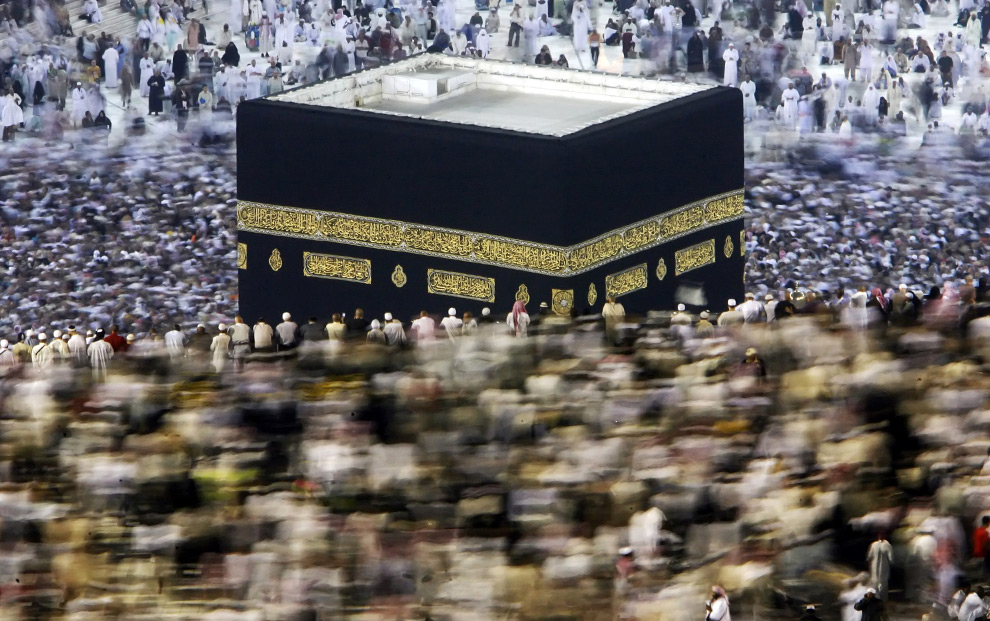
Muslim pilgrims perform the "Tawaf" ritual around the Kaaba at Mecca's Grand Mosque before leaving the holy Saudi city at the end of the annual Hajj pilgrimage on December 10, 2008. The official Saudi News Agency (SPA) reported that the most recent statistics put the total number of pilgrims this year at more than 2.4 million, almost 1.73 million from abroad and 679,000 from within the kingdom, mostly foreign residents. (KHALED DESOUKI/AFP/Getty Images)
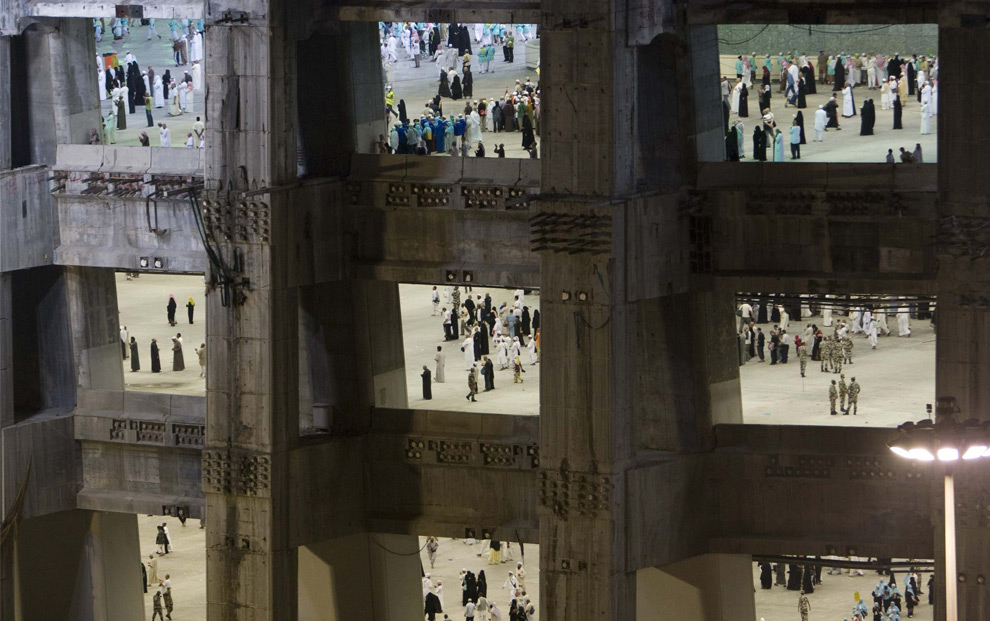
Muslim pilgrims are seen inside a building where, for three days, they will cast stones at pillars symbolising Satan in Mina, Saudi Arabia on December 9, 2008. More than two million Muslim pilgrims performed a second round of stoning walls symbolising the devil on Tuesday, as Hajj pilgrimage rituals neared their end. (REUTERS/Ahmed Jadallah) #
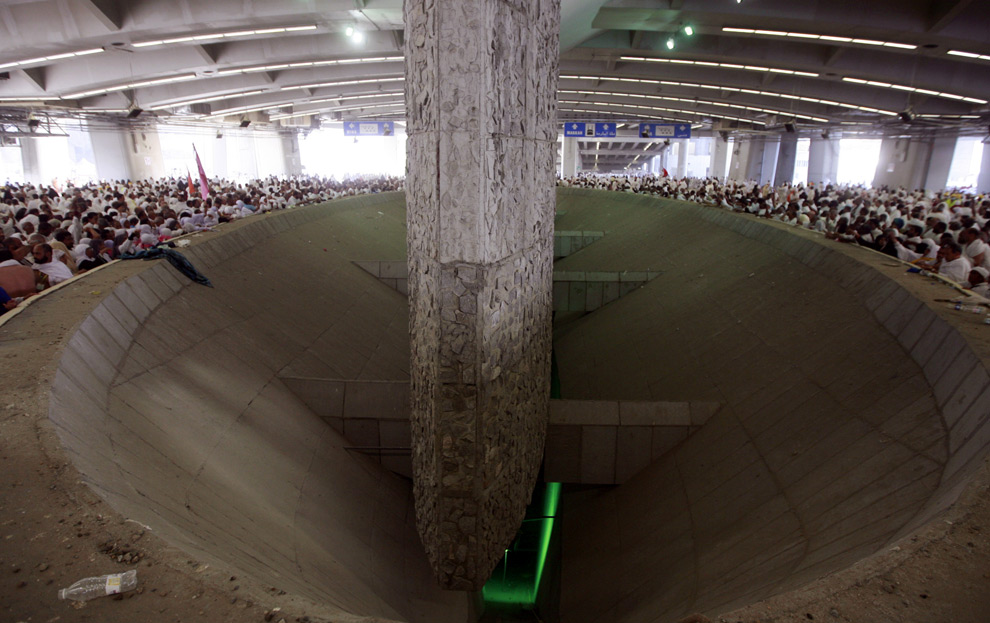
Thousands of Muslim pilgrims cast stones at a pillar, symbolising stoning Satan, in a ritual called "Jamarat," the last and most dangerous rite of the annual hajj, near the Saudi holy city of Mina on December 8, 2008. To complete the ritual, a pilgrim must throw 21 pebbles at each of three 25-meter (82-foot) pillars and this year the faithful are being given pebbles in pre-packed bags to spare them the effort of searching for the stones. (KHALED DESOUKI/AFP/Getty Images) #
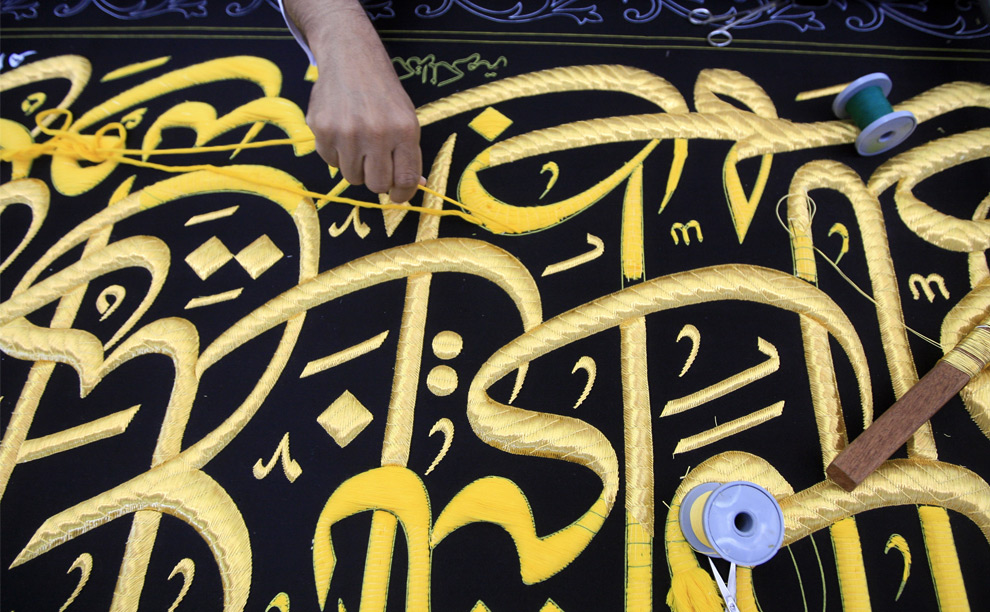
A Saudi worker sews Islamic calligraphy in gold thread on a drape to cover the Kaaba at the Kiswa factory in the holy city of Mecca on November 29, 2008. The Kaaba cover is called Kiswa and is changed every year at the culmination of the annual Hajj or pilgrimage. The Kaaba, Islam's holiest site which stands in the centre of Mecca's Grand Mosque, contains the holy Black Stone which is believed to be the only piece remaining from an altar built by Abraham. (KHALED DESOUKI/AFP/Getty Images) #
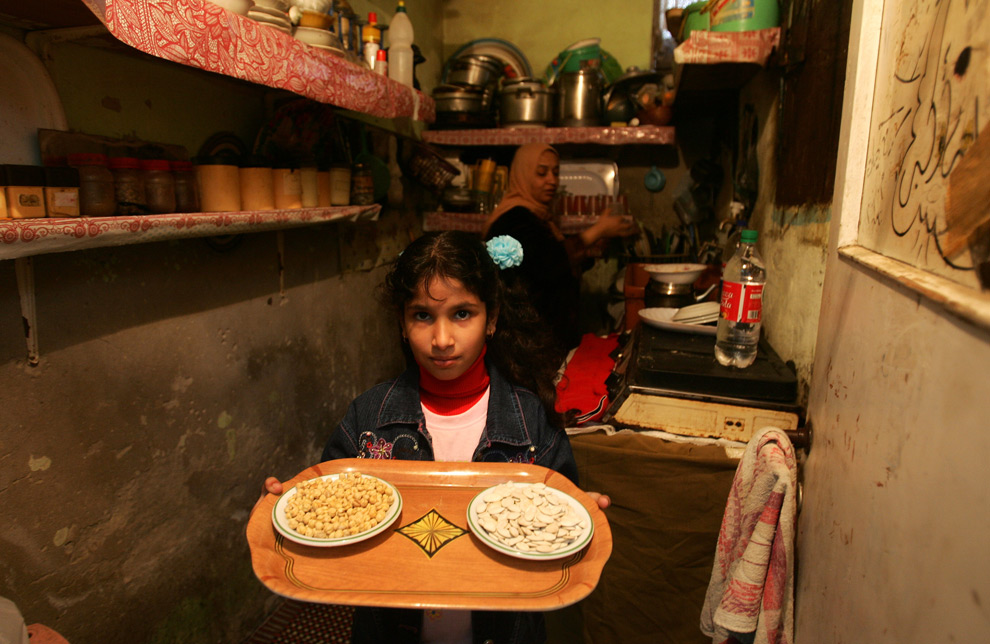
Salwa Al-Masri (back) makes tea for her family as her child helps prepare a humble celebration on the first day of the Muslim holiday of Eid al-Adha on December 08, 2008 in the Rafah Refugee Camp, Gaza Strip. Abed couldn't buy a sheep to slaughter as a part of Eid Al-Adha celebration. Most of the sacrificial animals in Gaza have been smuggled through tunnels between Rafah and Egypt as Israel still blocks their crossings with Gaza Strip. (Abid Katib/Getty Images) #
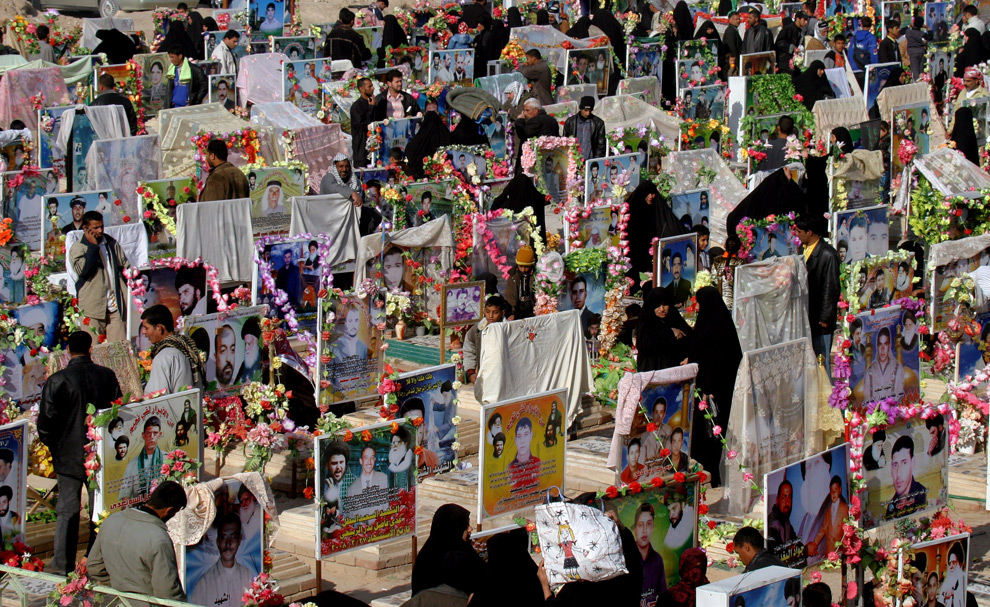
Plastic flowers and posters of the dead adorn hundreds of graves as Shiite Muslims visit the graves of loved ones at the Martyr's cemetery in the southern city of Najaf, some 160 kms from the capital Baghdad as Shiites mark the start of the Eid al-Adha on December 9 2008. (QASSEM ZEIN/AFP/Getty Images) #
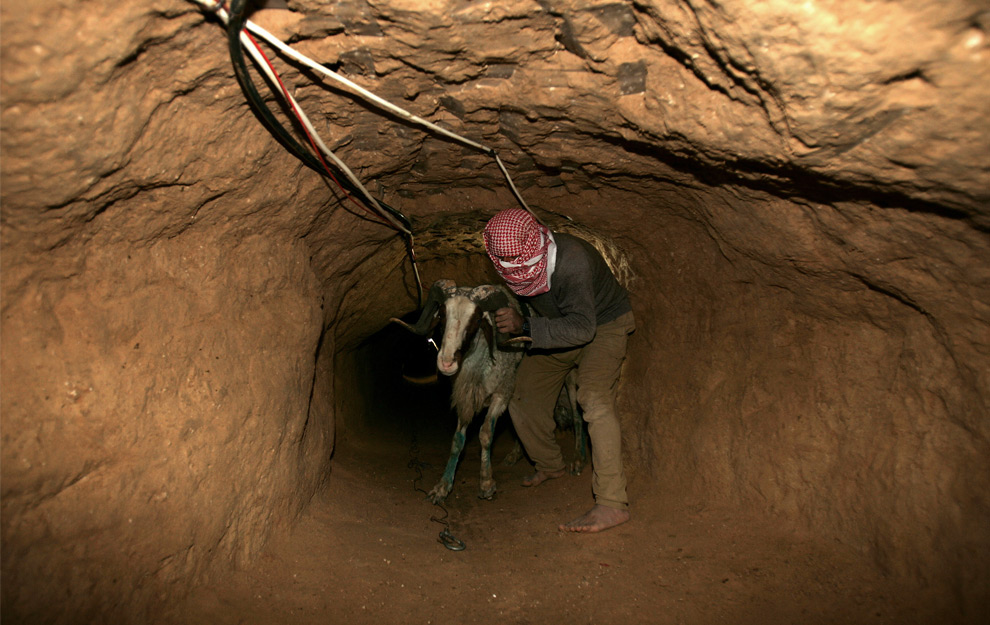
A Palestinian smuggles a sheep into the Gaza Strip through a tunnel under the Egypt-Gaza border at Rafah on December 5, 2008. The Muslim holiday of Eid al-Adha, or the Feast of the Sacrifice which commemorates Abraham's willingness to sacrifice his son for God starts Dec. 8 during which sheep are traditionally slaughtered. The Rafah border post with Egypt is the only crossing into Gaza not controlled by Israel, which has enforced a blockade on the territory since Hamas, which Israel regards as a terrorist group, seized power there in 2007. (SAID KHATIB/AFP/Getty Images) #
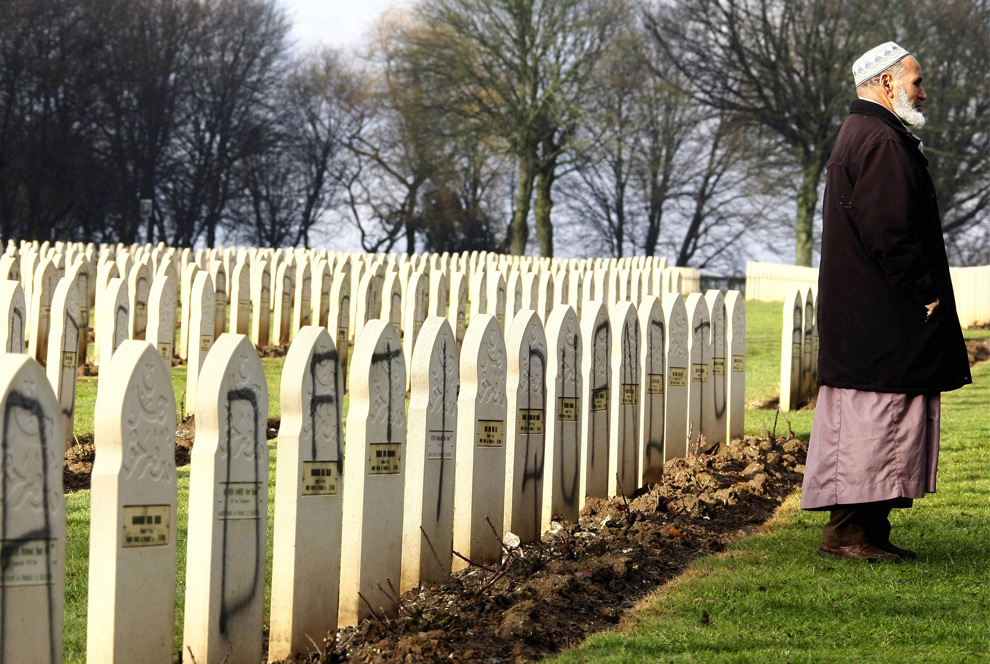
A Member of the French Council for Muslim Communities visits defaced graves of Muslim World War I soldiers at the Notre-Dame-de-Lorette cemetery in Ablain-Saint-Nazaire, northern France, Tuesday, Dec. 9, 2008. Vandals desecrated at least 500 tombs of Muslim soldiers in northern France on Monday. The desecration near the town of Arras appeared timed with the start of Eid al-Adha, the most important holiday in the Muslim calendar. (AP Photo/Michel Spingler) #
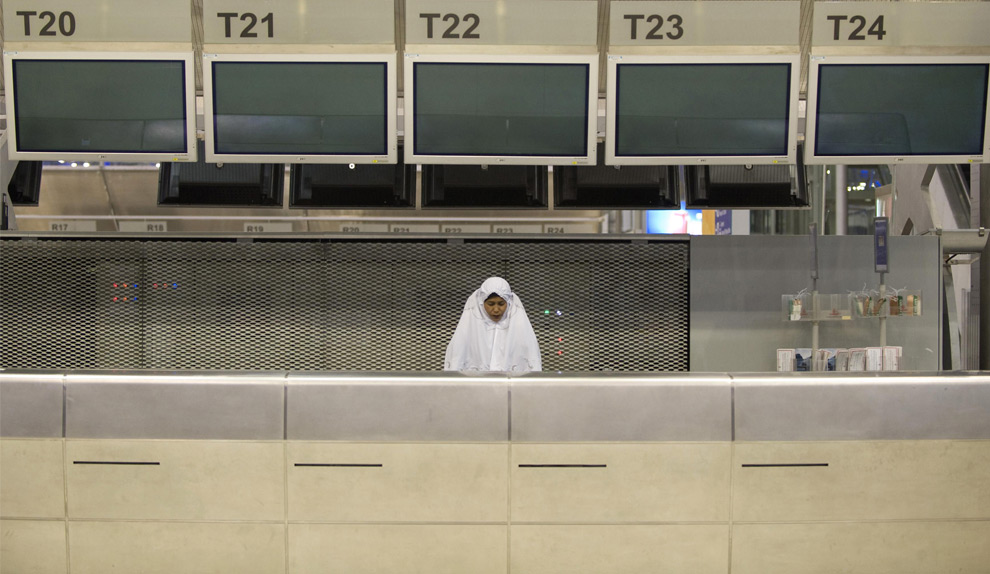
A Muslim woman from southern Thailand prays near check-in counters in the departure hall of Bangkok's Suvarnabhumi airport in Thailand on November 29, 2008. Hundreds of Thai Muslims on a once-in-a-lifetime pilgrimage to Mecca spent many nights sleeping rough at Bangkok's international airport, due to anti-government protests that had paralyzed air travel. (REUTERS/Adrees Latif) #
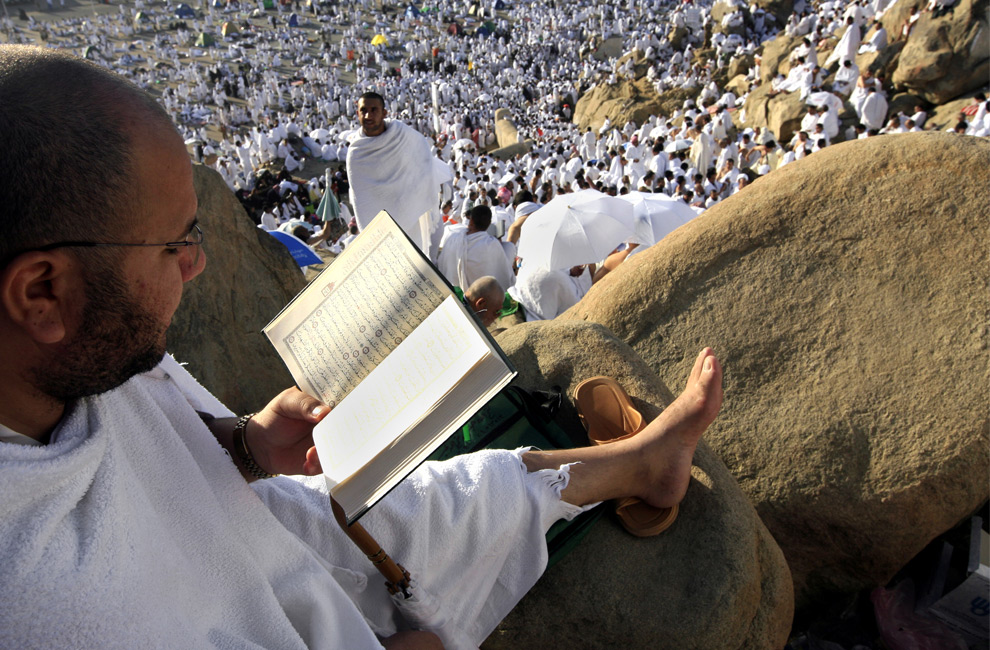
A Muslim pilgrim reads the koran at Mount Arafat, southeast of the Saudi holy city of Mecca, on December 7, 2008. A human tide washed over Mount Arafat today morning as hundreds of thousands of devoted Muslims gathered for the key moment of the annual Hajj pilgrimage to Saudi Arabia. (KHALED DESOUKI/AFP/Getty Images) #
Subscribe to:
Posts (Atom)

